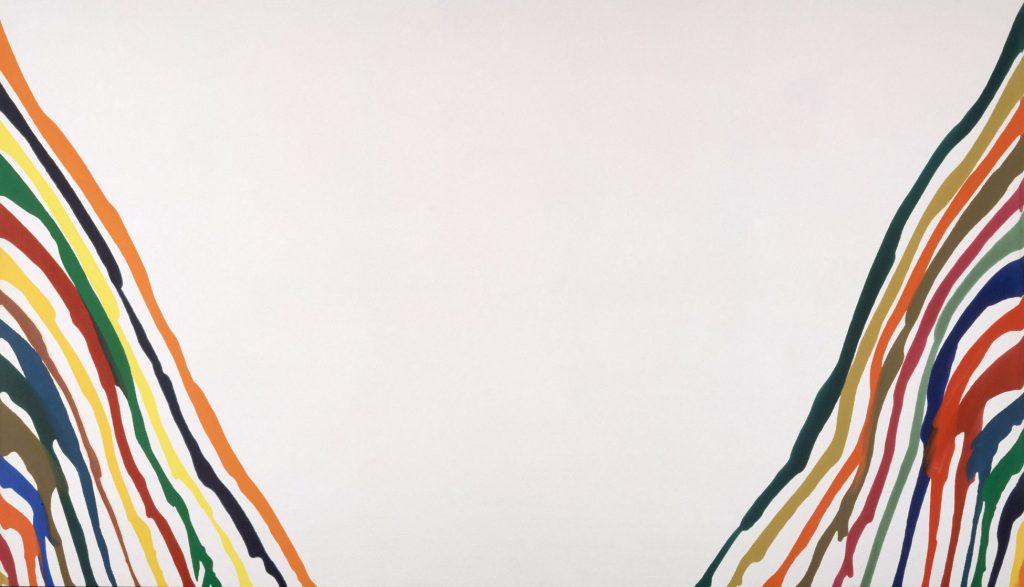
SELMA ASOTIĆ is a bilingual poet from Sarajevo. Her poems have appeared or are forthcoming in EuropeNow, The Well Review, and Tinderbox Poetry Journal. She is the co-founder and co-editor of BONA, a Sarajevo-based magazine for feminist theory and art. She is currently pursuing an MFA degree at Boston University. Mostly, she would prefer not to have a biography.
KEN BABSTOCK is the author of five collections of poetry. Twice a finalist for the Griffin Poetry Prize, he won the award for Methodist Hatchet. New poems are set to appear, or have appeared recently, in Granta, Oversound, South Dakota Review, Ambit (UK), The Rialto (UK), The Fiddlehead, and The Well Review (IRE). Babstock was born in Newfoundland and lives in Toronto with his son.

TIMEA BALOGH, a Hungarian American writer and translator, holds an MFA in Creative Writing from the University of Nevada, Las Vegas. A 2017 ALTA Travel Fellow, her translations have appeared in The Offing, The Brooklyn Rail, Asymptote, and elsewhere. She has stories forthcoming in Prairie Schooner and Passages North and poems forthcoming in Homonym. Her debut story was nominated by Juked for a PEN/Robert J. Dau Short Story Prize for Emerging Writers. Find her on Twitter: @TimeaRozalia.

SUSAN BERNOFSKY directs the program in literary translation at Columbia University. A Guggenheim fellow, she has translated classic works by Robert Walser, Franz Kafka, and Hermann Hesse. Her translation of Jenny Erpenbeck’s novel The End of Days (2014) won the Independent Foreign Fiction Prize, the Schlegel-Tieck Translation Prize, the Ungar Award for Literary Translation, and the Oxford- Weidenfeld Translation Prize. Her translation of Erpenbeck’s Go, Went, Gone (2017) won the 2019 Lois Roth Award.

BRUCE BOND is the author of twenty-three books including Gold Bee (Helen Smith Award, Crab Orchard Award, SIU Press, 2016), Sacrum (Four Way, 2017), Blackout Starlight: New and Selected Poems 1997–2015 (Phillabaum Award, LSU, 2017), Rise and Fall of the Lesser Sun Gods (Elixir Book Prize, Elixir Press, 2018), Dear Reader (Free Verse Editions, 2018), and Frankenstein’s Children (Lost Horse, 2018). Presently he is a Regents Professor of English at the University of North Texas.
Before his tragic death in 2014, SZILÁRD BORBÉLY had gained a name as one of Europe’s most searching new poets. He wrote in a wide variety of genres, always seeking to give voice to the most marginalized voices in Hungarian society. His other work in English includes the auto-fictive novel The Dispossessed (HarperCollins, 2016), the verse collection Berlin-Hamlet (NYRB Poets, 2016), and Final Matters: Selected Poems, 2004–2010 (Princeton University Press, 2019) all translated by Ottilie Mulzet.

DANIEL BOURNE’s books of poetry include The Household Gods and Where No One Spoke the Language. His poems have appeared in Field, Ploughshares, The American Poetry Review, Boulevard, Guernica, Salmagundi, Shenandoah, The Yale Review, Prairie Schooner, Plume, Pleiades, and others. He teaches in English and Environmental Studies at The College of Wooster, where he is the editor of Artful Dodge. Since 1980 he has also lived in Poland, including 1985–87 on a Fulbright for the translation of younger Polish poets and from August to October of 2018 for more translation work.
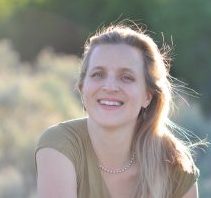
MONIKA CASSEL’s translations have appeared in Michigan Quarterly Review, Poetry Magazine, Guernica, Asymptote, and Harvard Review Online; her poetry has appeared in The Laurel Review and Phoebe Journal. In her previous position as founding faculty member and Chair of Creative Writing and Literature at New Mexico School for the Arts in Santa Fe, she developed a creative writing program with the support of the Lannan Foundation. She lives in Portland, Oregon.

JEREMIAH CHAMBERLIN teaches in the Department of English at the University of Michigan. He is a contributing editor for Poets & Writers Magazine and the editor-in-chief of Fiction Writers Review. His work has appeared in Absinthe, Glimmer Train, Granta, Michigan Quarterly Review, Vagabond, Virginia Quarterly Review, and elsewhere. In 2017 he was a Fulbright Research Scholar in Bulgaria.
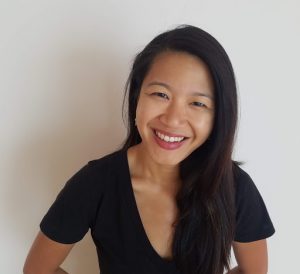
Marianne Chan grew up in Stuttgart, Germany, and Lansing, Michigan. She is the author of All Heathens, forthcoming from Sarabande Books in 2020. Her poems have appeared in The Cincinnati Review, Indiana Review, West Branch, Poetry Northwest, The Rumpus, and elsewhere. She is pursuing a Ph.D. in Creative Writing at the University of Cincinnati, where she is a Yates Fellow.
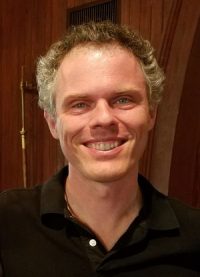
SEAN COTTER has published Literary Translation and the Idea of a Minor Romania (University of Rochester Press, 2014) and many translations from Romanian, including Wheel with a Single Spoke by Nichita Stănescu, winner of the 2013 Best Translated Book Award for poetry. He is Professor of Literature and Translation Studies at the University of Texas at Dallas.
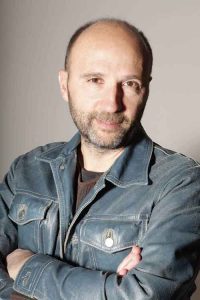
MAURO COVACICH was born in Trieste in 1965 and is one of Italy’s most successful writers. He has published both short story collections and a number of novels, including Fiona (2015), A nome tuo (2011), A perdifiato (2005). His novella Musica per aeroporti has been made into a movie, with the title Miele. The story included in this issue is the title story in his 2016 collection La sposa (The bride). The book was runner up in the 2015 Strega Prize, Italy’s most prestigious literary award.“The Bride” is based on the 2008 murder of the Italian activist and performance artist Pippa Bacca while she was on a performance trip for peace to Eastern Europe and the Middle East.
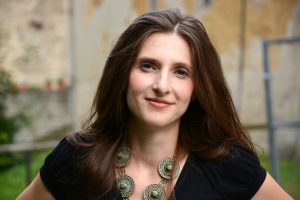
DANIELA DANZ was born in Eisenach, Germany, in 1976. She is the author of three books of poetry, Serimunt, Pontus, and V; two novels, Lange Fluchten and Türmer; an art history monograph; and a number of essays. She was named poet laureate of Tübingen in 2012 and has received numerous grants and awards, including the Rainer-Malkowski-Preis and the Casa Baldi Residency Award at the German Academy of Rome. She directs the Schillerhaus in Rudolstadt.
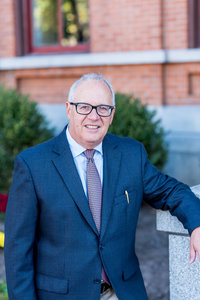
MARINO D’ORAZIO lives with his wife in Saratoga Springs, New York. He is a semi-retired trial attorney who also holds an MA in Italian Literature and a PhD in Comparative Literature from The City University of New York. He has taught at various colleges and currently devotes most of his time to translating both fiction and non-fiction books from the Italian. He has recently translated Covacich’s short story collection La sposa and his novella Musica per aeroporti, which he hopes to see published in the near future.
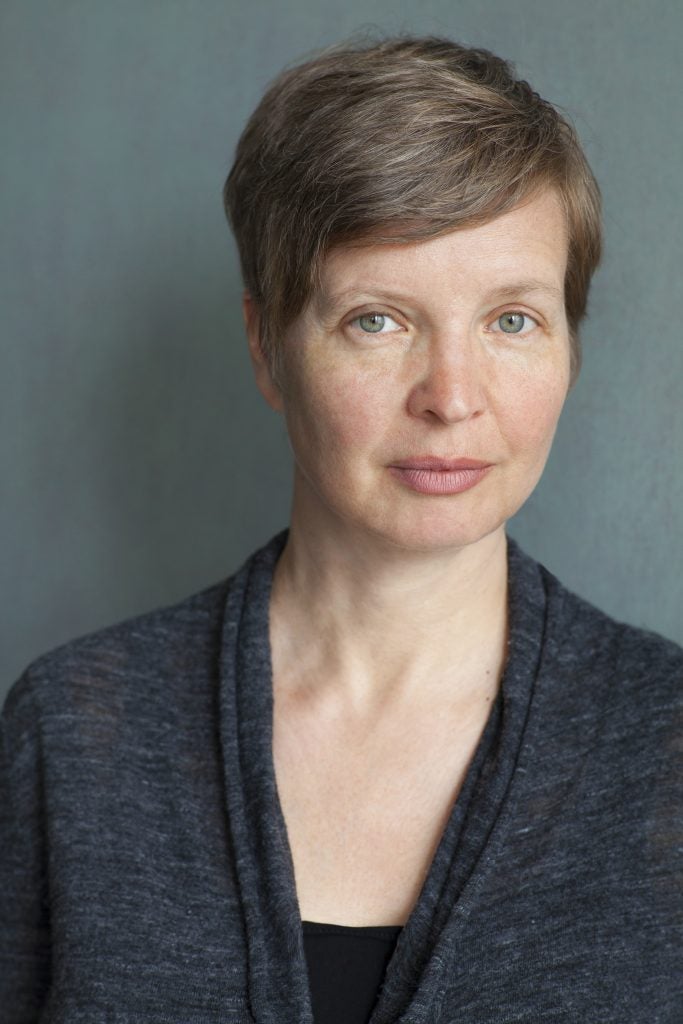
JENNY ERPENBECK—“one of the most significant German-language novelists of her generation” (The Millions)—was born in East Berlin in 1967. She is the author of The Old Child, The Book of Words, Visitation, The End of Days (winner of the Independent Foreign Fiction Prize), and Go, Went, Gone all published by New Directions.

EIRILL FALCK is a writer and translator from Oslo, Norway. Her nonfiction and poetry have appeared in US-based literary magazines and in a Norwegian anthology. She is the recipient of the Hopwood Award and the John Wagner Prize. She is currently a Zell Postgraduate Fellow at the Helen Zell Writers’ Program at the University of Michigan.
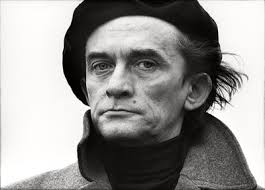
JERZY FICOWSKI (1924–2006) was a poet, essayist, the principal Bruno Schulz editor, the principal Gypsy lore scholar, poetry translator, and one of the most surprising omissions in the hierarchies of Polish poetry after the war. He published sixteen books of poems. In English he’s known for A Reading of Ashes (1981), a sequence of poems, preoccupied with the Holocaust, and for his volume of short stories, Waiting for the Dog to Sleep (2006). Recent translations of his poems have appeared in The American Poetry Review, Poetry, The Nation, The New York Review of Books, and elsewhere.
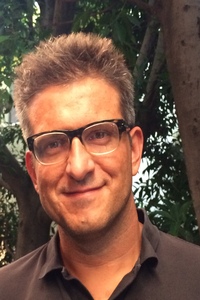
PIOTR FLORCZYK’s recent books are East & West: Poems and several translations, including I’m Half of Your Heart: Selected Poems, 1967–2017 by Julian Kornhauser and Building the Barricade by Anna Świrszczyńska, which won the 2017 Found in Translation Award and the 2017 Harold Morton Landon Translation Award. A doctoral candidate at the University of Southern California, he is completing a volume of poems based on Holocaust testimonies entitled From the Annals of Kraków. www.piotrflorczyk.com
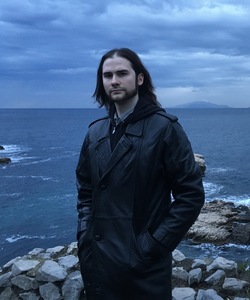
SEAN GILL has contributed to The Iowa Review, McSweeney’s Internet Tendency, ZYZZYVA, The Carolina Quarterly, and Joyland. He is the recipient of the 2016 Sonora Review Fiction Prize, The Cincinnati Review’s 2018 Robert and Adele Schiff Award, and Pleiades’ 2019 Gail B. Crump Prize.
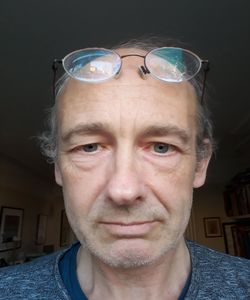
GILES GOODLAND was born in Taunton, England, was educated at the Universities of Wales and California, took a DPhil at Oxford, and has published several books of poetry, including A Spy in the House of Years (Leviathan, 2001), Capital (Salt, 2006), The Dumb Messengers (Salt, 2012), and The Masses (Shearsman, 2018). He works in Oxford as a lexicographer, teaches evening classes on poetry for Oxford University’s department of continuing education, and lives in West London.
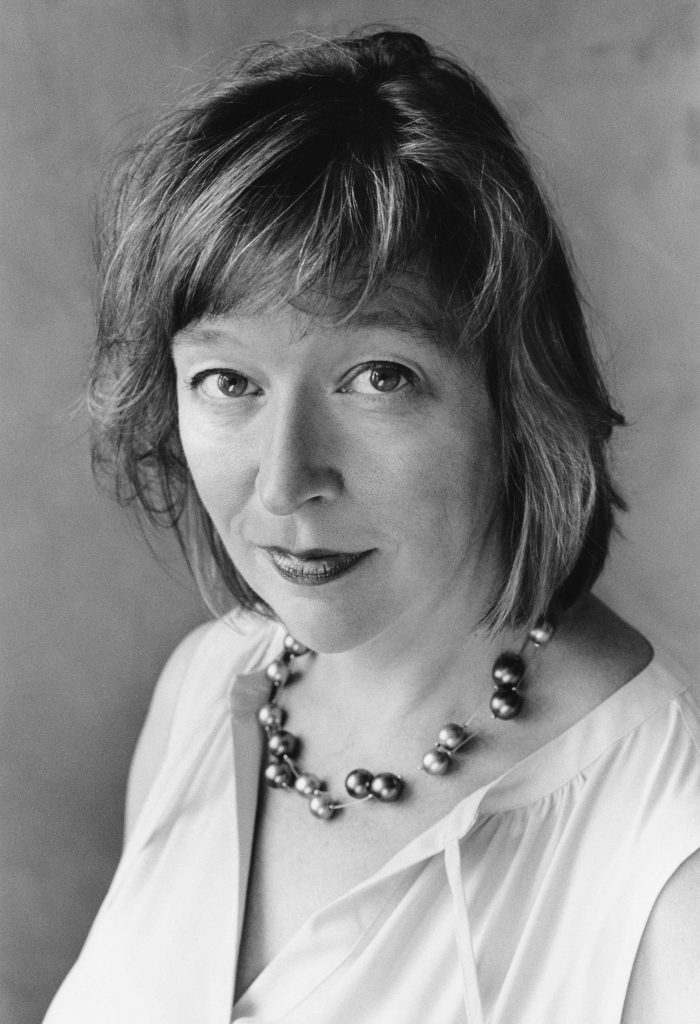
JENNIFER GROTZ’s most recent book of poems is Window Left Open. She is director of the Bread Loaf Writers’ Conferences.
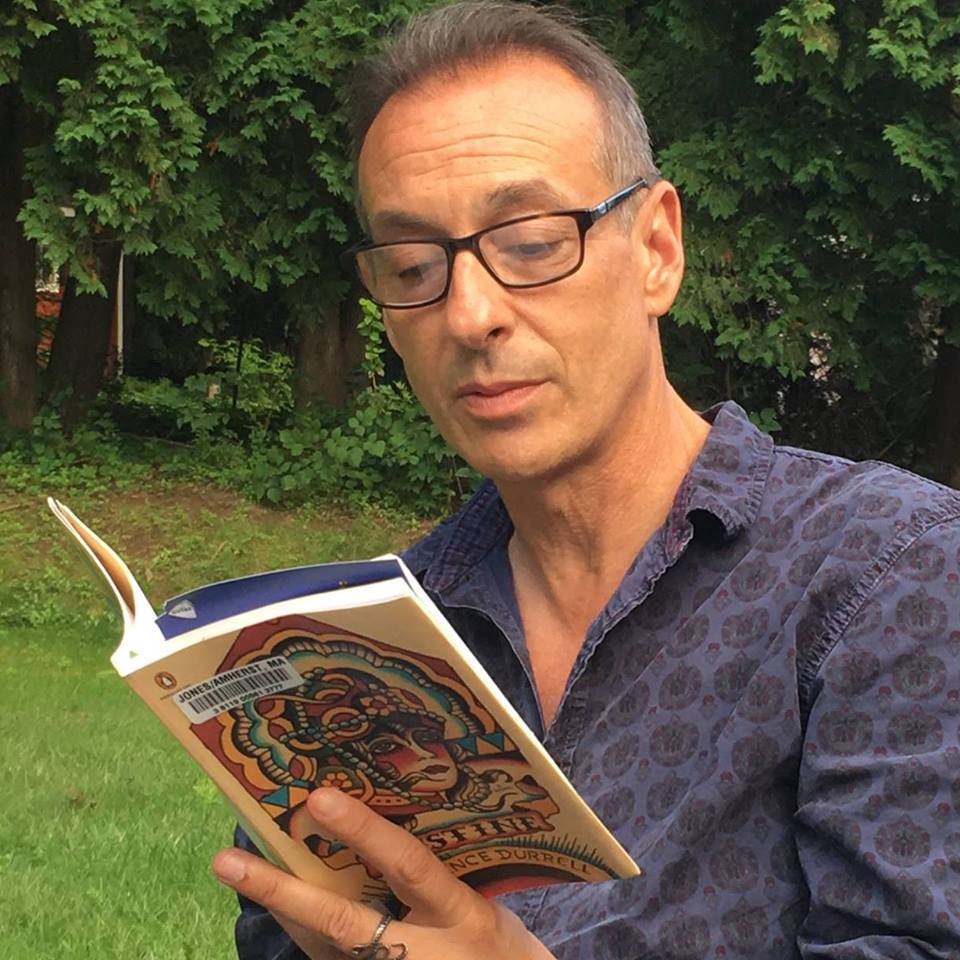
JOHN HENNESSY is the author of two collections, Coney Island Pilgrims and Bridge and Tunnel. He is the poetry editor of The Common and teaches at the University of Massachusetts, Amherst.
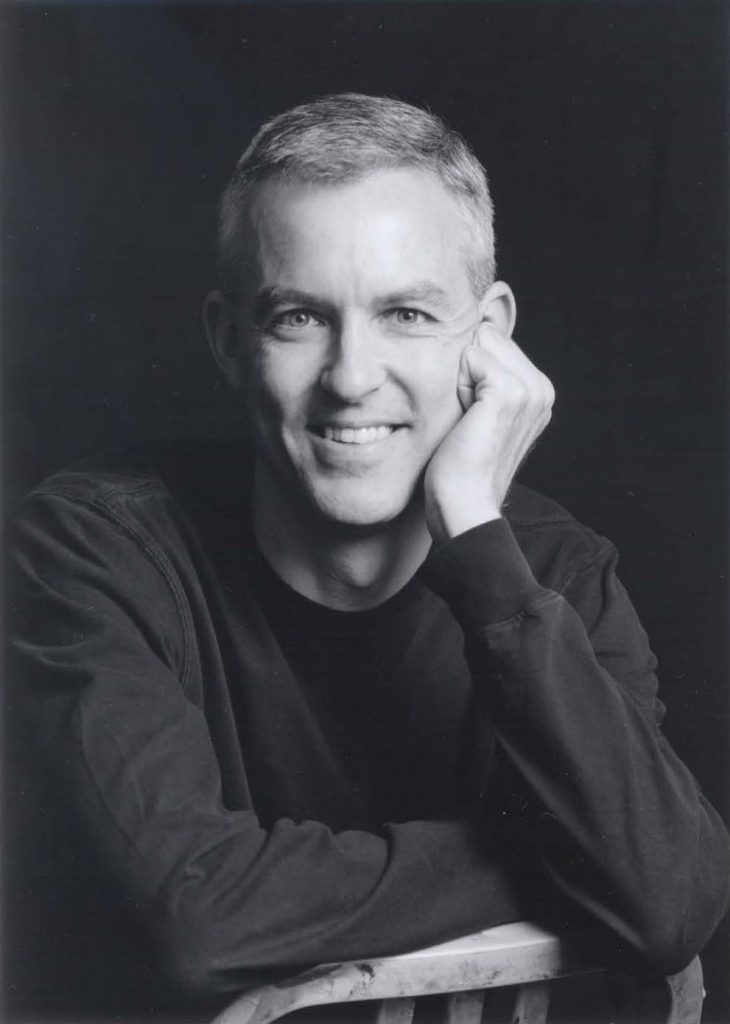
H. L. HIX’s recent books include an essay collection, Demonstrategy; a poetry collection, Rain Inscription; an art/poetry anthology, Ley Lines; and an edition of selected poems by Estonian peasant poet Juhan Liiv, Snow Drifts, I Sing, translated with Jüri Talvet.
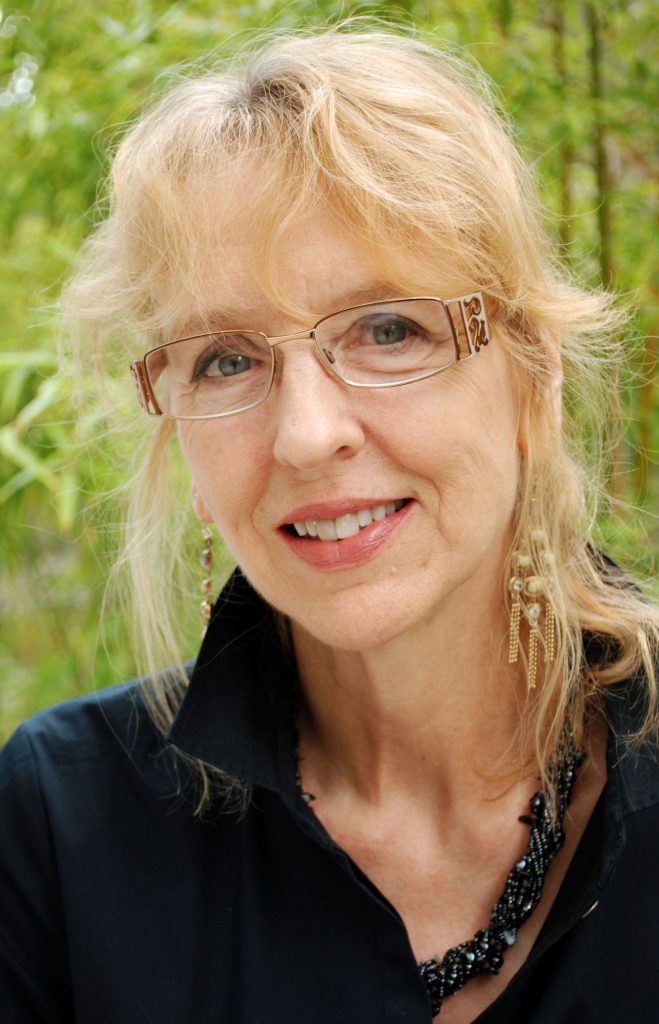
CYNTHIA HOGUE has published nine poetry collections, most recently In June the Labyrinth (2017). Her co-translations include Fortino Sámano (The Overflowing of the Poem), from the French of Virginie Lalucq and Jean-Luc Nancy, which won the Landon Translation Award from the Academy of American Poets. Hogue’s honors include two NEA Fellowships and the H.D. Fellowship at Yale University. She is the inaugural Marshall Chair in Poetry and Emerita Professor of English at Arizona State University.
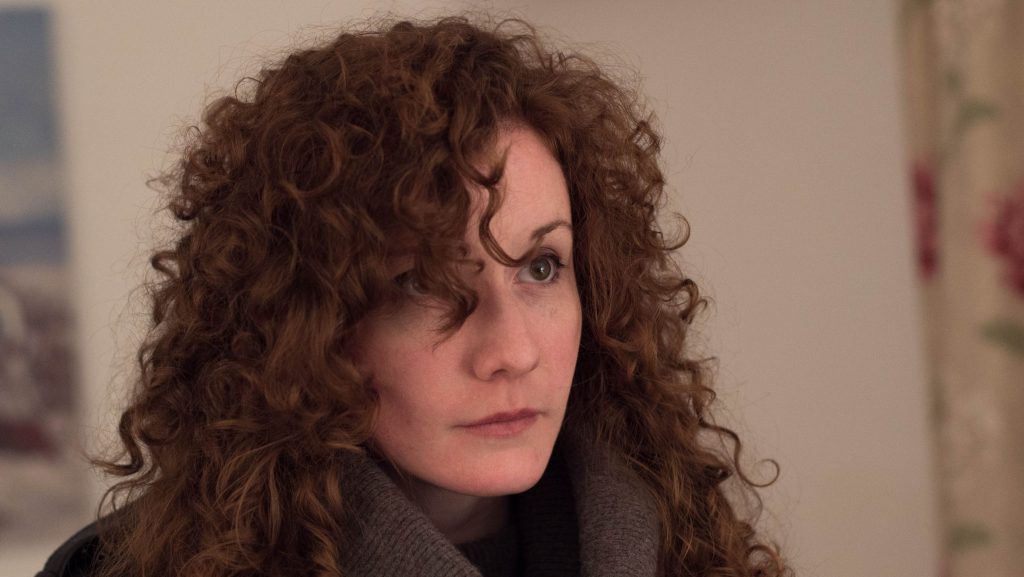
EMILY HOLT’s first collection, Though the Walls Are Lit, is forthcoming from Lost Horse Press in 2020. Her work has appeared in Poetry Ireland Review, The Best New British and Irish Poets (Eyewear), Brief Encounters: A Collection of Contemporary Nonfiction (Norton), and other journals. She received an MFA from the Rainier Writing Workshop at Pacific Lutheran University and a Master of Letters in Literature from Trinity College University of Dublin. She lives in Seattle.
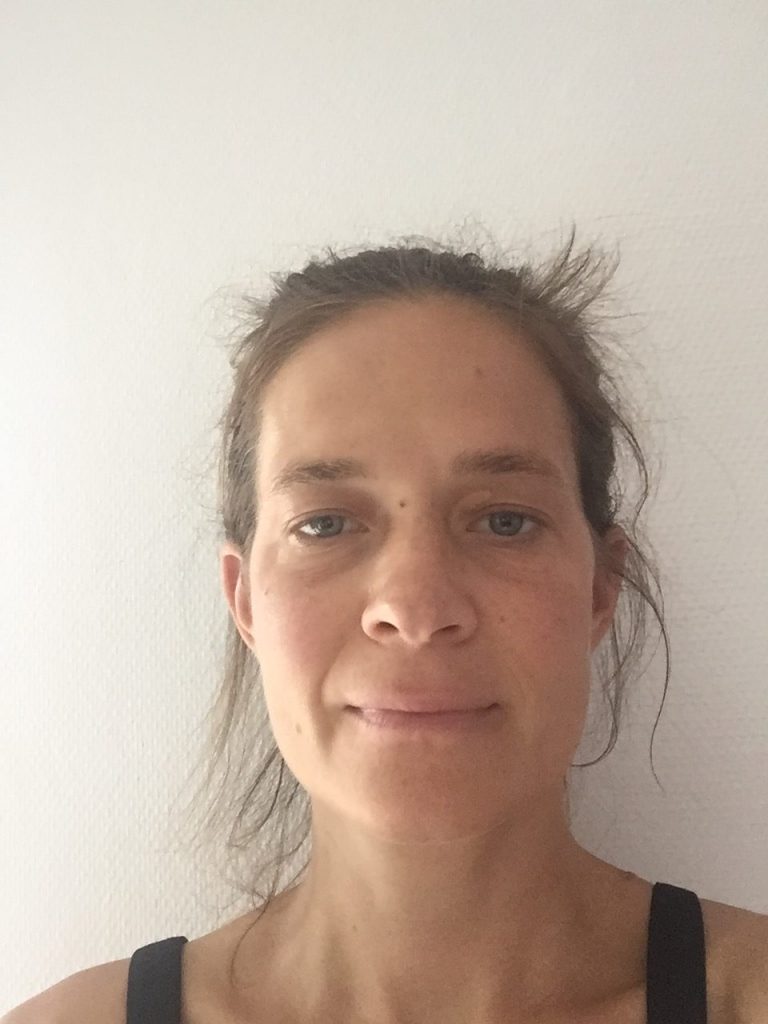
PETRA HŮLOVÁ (b. 1979) lives in Prague but, as a Central European, considers Warsaw her true capital. She is the author of novels, plays, and screenplays, thus far translated into a total of thirteen languages, and is a popular commentator on Central European current affairs. Two of her novels, All This Belongs to Me (2009) and Three Plastic Rooms (2017), have been published in English translation, both by Alex Zucker.
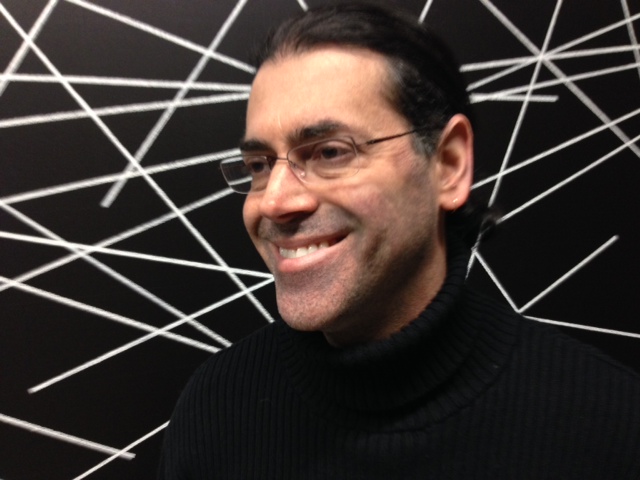
HENRY ISRAELI’s latest book is Our Age of Anxiety, winner of the White Pine Press Poetry Prize. His previous books are god’s breath hovering across the waters (Four Way Books, 2016), Praying to the Black Cat (Del Sol, 2010), and New Messiahs (Four Way Books, 2002). He is also the translator of three books by Albanian poet Luljeta Lleshanaku and is the founder and publisher of Saturnalia Books.
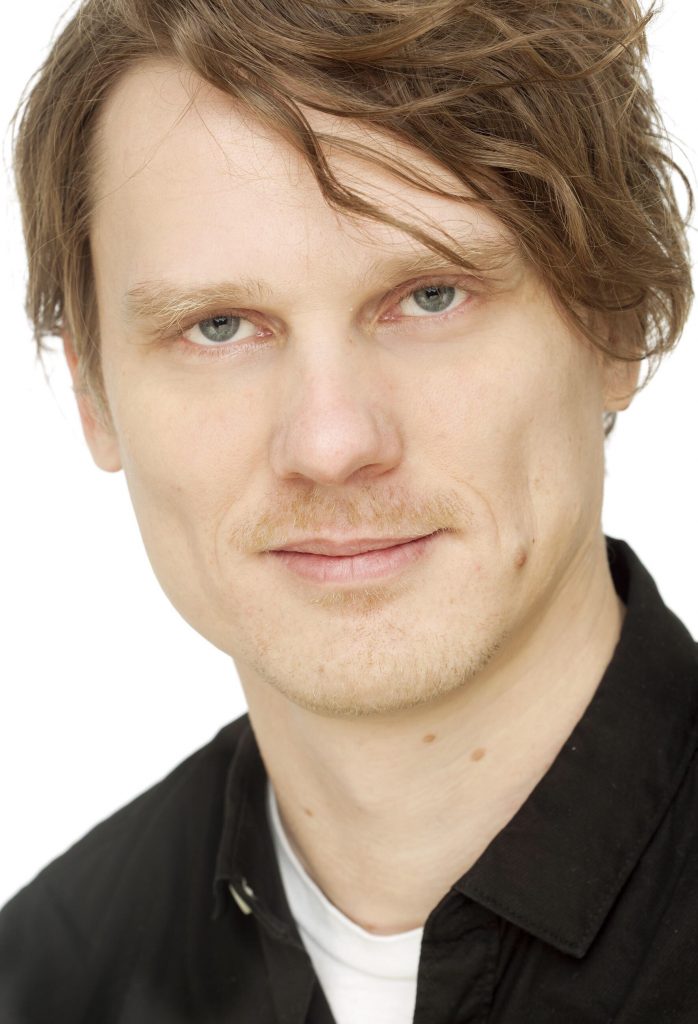
OLA JOSTEIN JØRGENSEN (b. 1977) is a Norwegian author, translator, and literary critic. He is the author of the novel Klassikeren (The Classic), published in 2011, and a collection of short stories, Ingen drømmer om Oslo (No One Dreams of Oslo), published in 2014. He lives in Oslo, Norway.
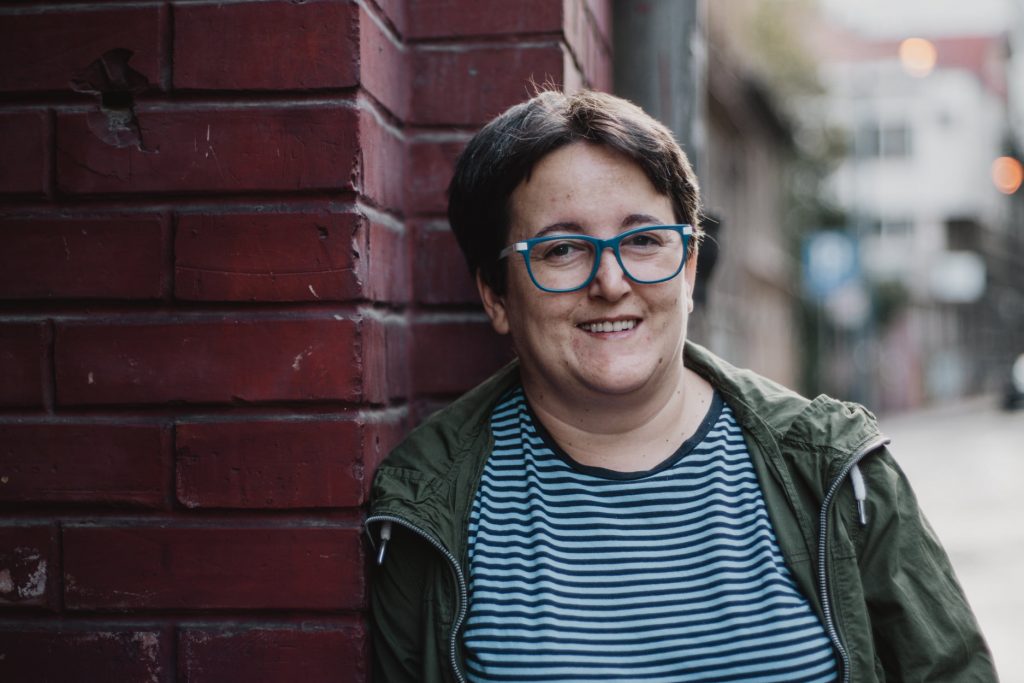
LEJLA KALAMUJIĆ (b. 1980, Sarajevo) writes prose, plays, and essays. Central themes of her work include sexuality, madness, and death. She has published two collections of stories, Anatomija osmijeha (The Anatomy of a Smile) and Zovite me Esteban (Call Me Esteban), the latter of which won the Edo Budiša Award in 2016. She recently wrote the engaged play Cannibal—or how I killed my family, which was staged in early 2019 at the Bosnian National Theater by director Lajla Kaikčija.
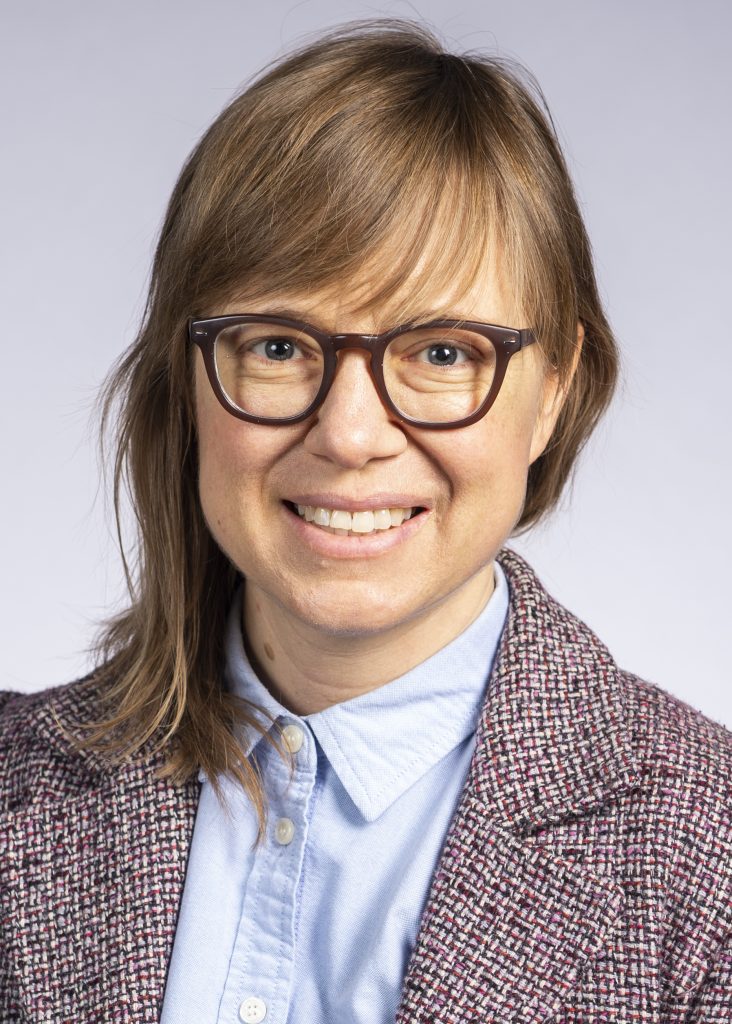
MARTHA M. F. KELLY is Associate Professor of Russian Studies at the University of Missouri. She is the author of Unorthodox Beauty: Russian Modernism and Its New Religious Aesthetic (Northwestern University Press, 2016) and of numerous articles and essays about Russian poetry. She is writing a book with the working title “How to Be a Russian Poet: The Public Life of Olga Sedakova” and translating Sedakova’s selected poems.
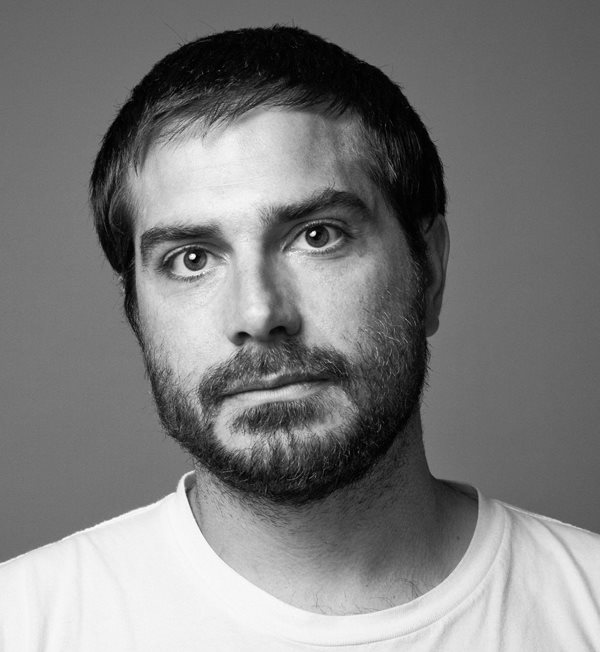
DIMITER KENAROV is a freelance writer. He is the author of two collections of Bulgarian poetry and a book of translations of the selected poems of Elizabeth Bishop. His English-language writing has appeared in Esquire, Outside, The Nation, The Atlantic, Foreign Policy, The New York Times, and The Virginia Quarterly Review, among many others. He is currently at work on a biography of the Bulgarian dissident writer Georgi Markov (forthcoming from Grove/Atlantic).
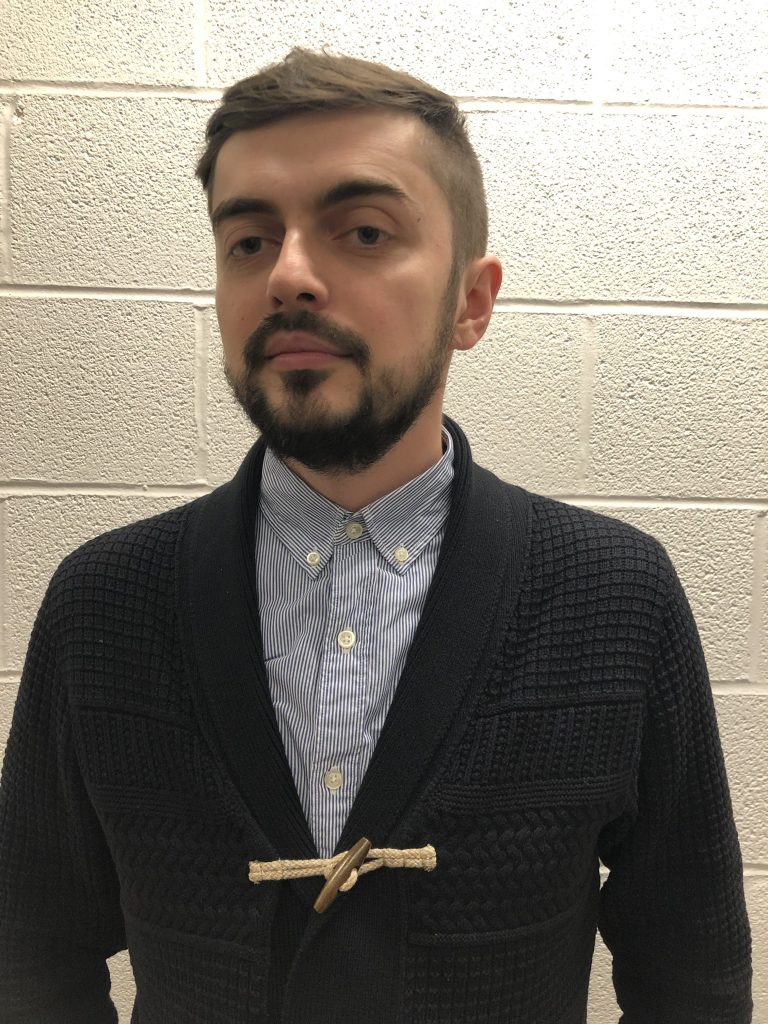
OSTAP KIN is the editor of New York Elegies: Ukrainian Poems on the City and translator, with Vitaly Chernetsky, of a collection Songs for a Dead Rooster by Yuri Andrukhovych and, with Ali Kinsella, of a chapbook, The Maidan After Hours, by Vasyl Lozynsky.
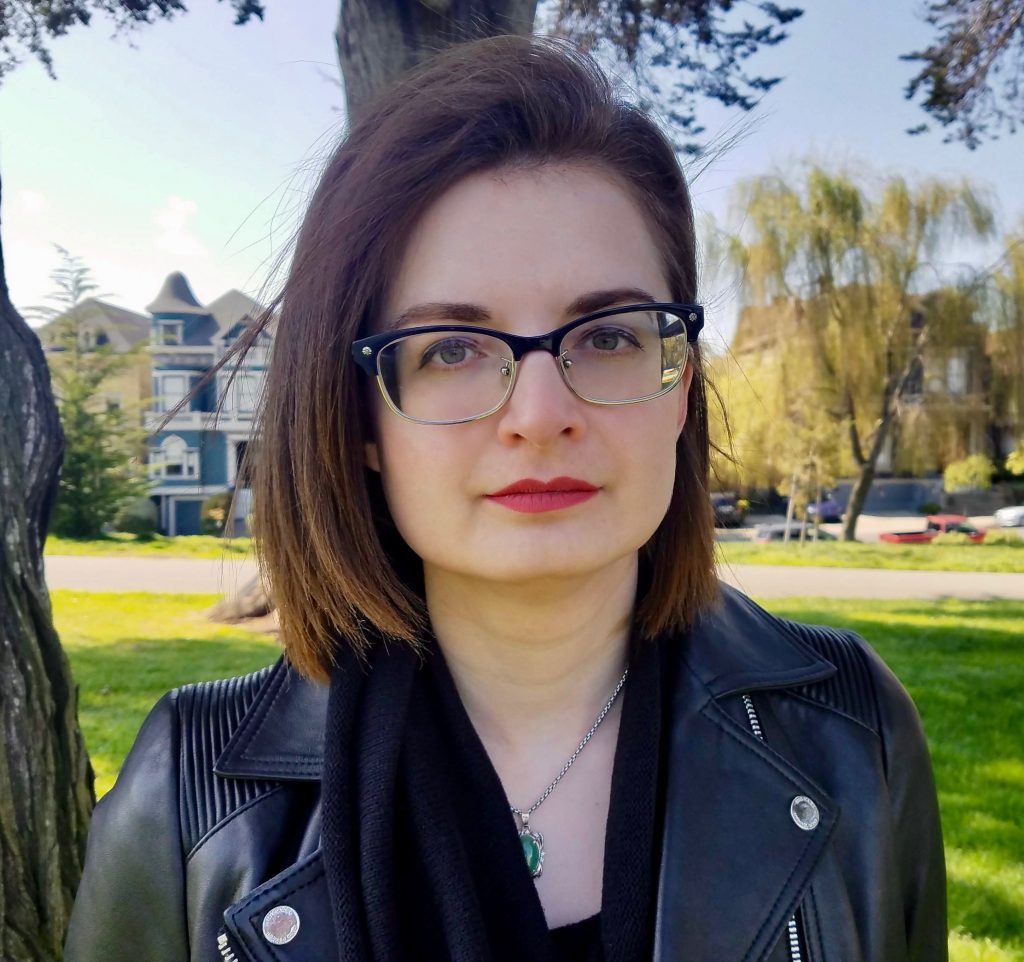
MAGGIE LEVANTOVSKAYA is a writer, critic, editor, and teacher. She was born in Kiev, Ukraine, and grew up in San Francisco. She has a PhD in Literature from The University of California, San Diego and currently teaches in the Bay Area.
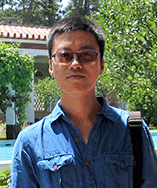
DONG LI is an English-language poet and translates from the Chinese, English, and German. He’s the recipient of a PEN/Heim Translation Fund Grant and fellowships from Alexander von Humboldt Foundation, Akademie Schloss Solitude, Yaddo, and elsewhere. His full-length translation of the Chinese poet Zhu Zhu, The Wild Great Wall, was recently published by Phoneme Media.
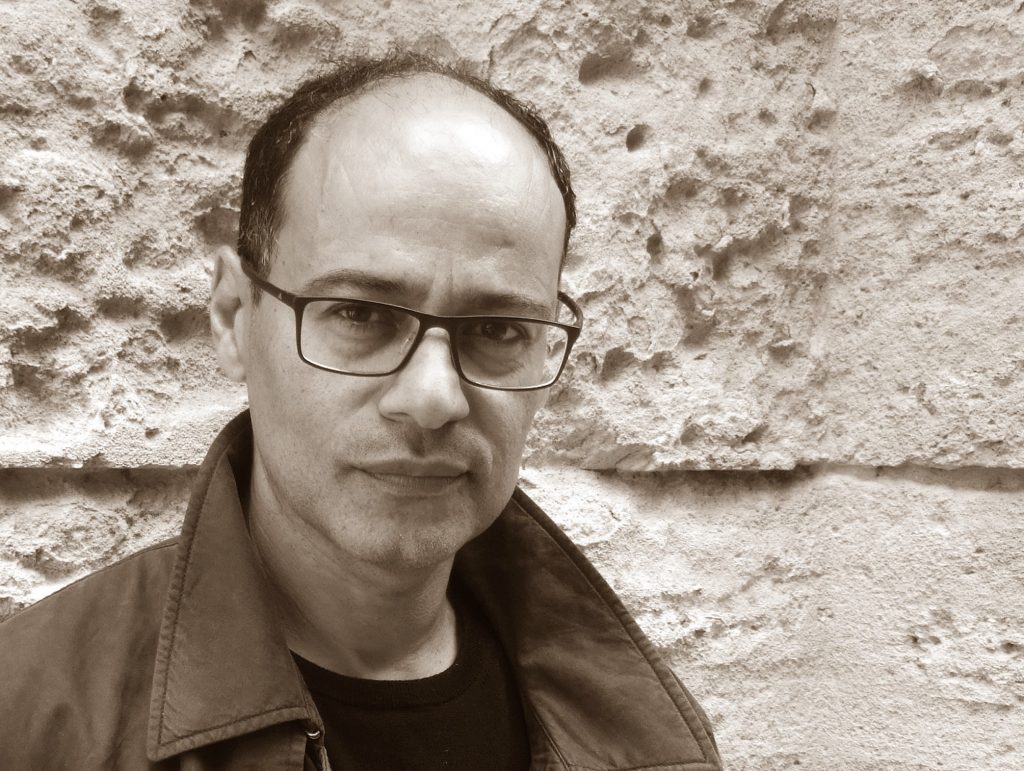
JAMAL MAHJOUB’s work has been widely translated, appearing in The Guardian, Le Monde, Die Zeit, and The New York Times, among others. He has won a number of awards including the Guardian African short story competition, the Mario Vargas Llosa NH Short Story Award, and the Etonnants Voyageurs prize. He publishes crime fiction under the name Parker Bilal. His autobiographical book on Sudan, A Line in the River, was published in 2018.
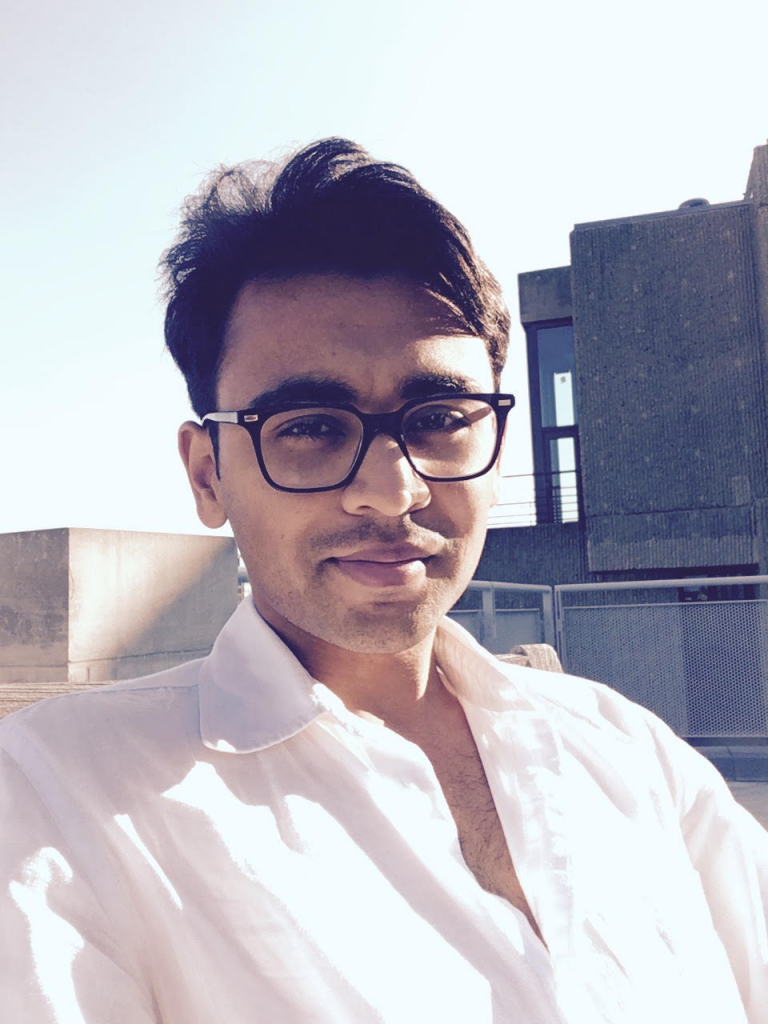
MOHIT MANOHAR was raised in India and is currently a graduate student in the History of Art at Yale. His fiction has received a Ward Prize and a Francis LeMoyne Page Prize from Princeton. He is working on his dissertation on medieval South Asia and a historical novel set in the Mughal court.

GEORGI MARKOV (1929–1978) was a Bulgarian novelist, playwright, and journalist. In 1969, he left the country and eventually settled in the United Kingdom, where he worked for the BBC and contributed political and memoiristic essays for Radio Free Europe and Deutsche Welle. His criticism of the Bulgarian Communist regime made him one of the leading Bulgarian dissidents of the period. He was notoriously assassinated in London in 1978 by the Bulgarian State Security and the KGB in what became known worldwide as “the umbrella murder.”
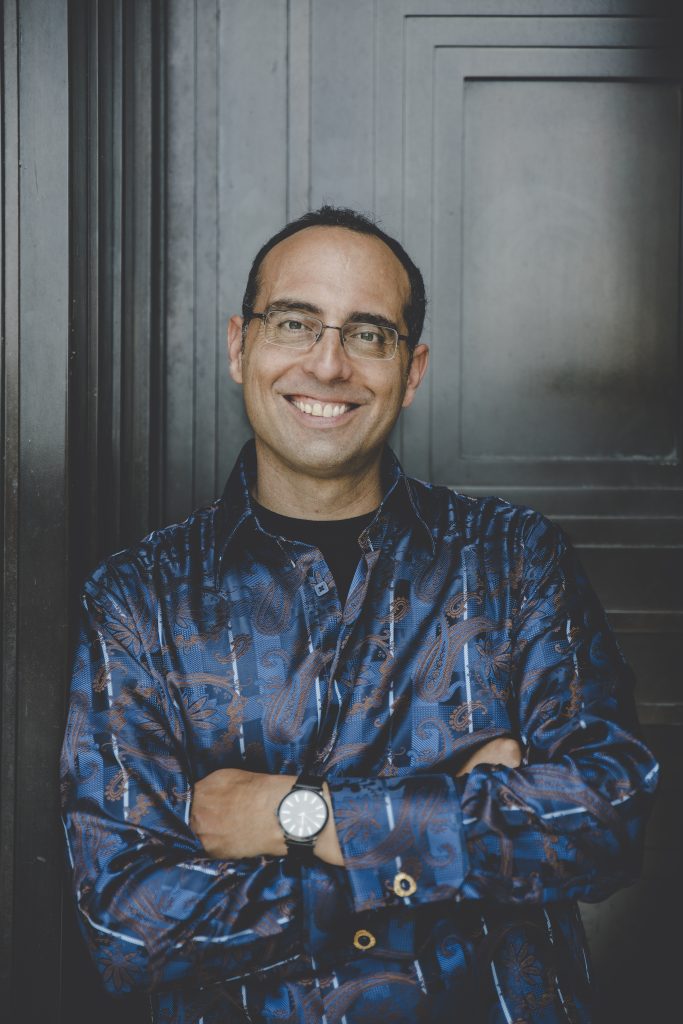
PHILIP METRES has written ten books, including Sand Opera (2015), The Sound of Listening: Poetry as Refuge and Resistance (2018), and the forthcoming Shrapnel Maps (2020). Awarded the Lannan Fellowship and two Arab American Book Awards, he is Professor of English and Director of the Peace, Justice, and Human Rights program at John Carroll University.

CHINA MIÉVILLE is the author of several novels, a short-story collection, and novellas, including The City & The City, Three Moments of an Explosion: Stories, and This Census-Taker. His non-fiction books include Between Equal Rights, a study of international law, and October: The Story of the Russian Revolution. He is a founding editor of the journal Salvage.

STILIANA MILKOVA is Assistant Professor of Comparative Literature at Oberlin College and the editor of Reading in Translation, an online journal dedicated to reviewing translated literature. She has translated from Italian works by Alessandro Baricco, Anita Raja, Andrea Raos, Antonio Tabucchi, and Dario Voltolini, among others.

JOSHUA L. MILLER is Associate Professor of English at the University of Michigan, author of Accented America: The Cultural Politics of Multilingual Modernism (Oxford, 2011), editor of the Cambridge Companion to the American Modernist Novel (Cambridge, 2015), and co-editor of a special issue cluster of Modernism/Modernity Print-Plus on “Translation and/as Disconnection” (2018) and Languages of Modern Jewish Cultures: Comparative Perspectives (Michigan, 2016). He is currently writing a counterhistory of US migrant novels and editing the Cambridge Companion to 21st Century American Fiction.
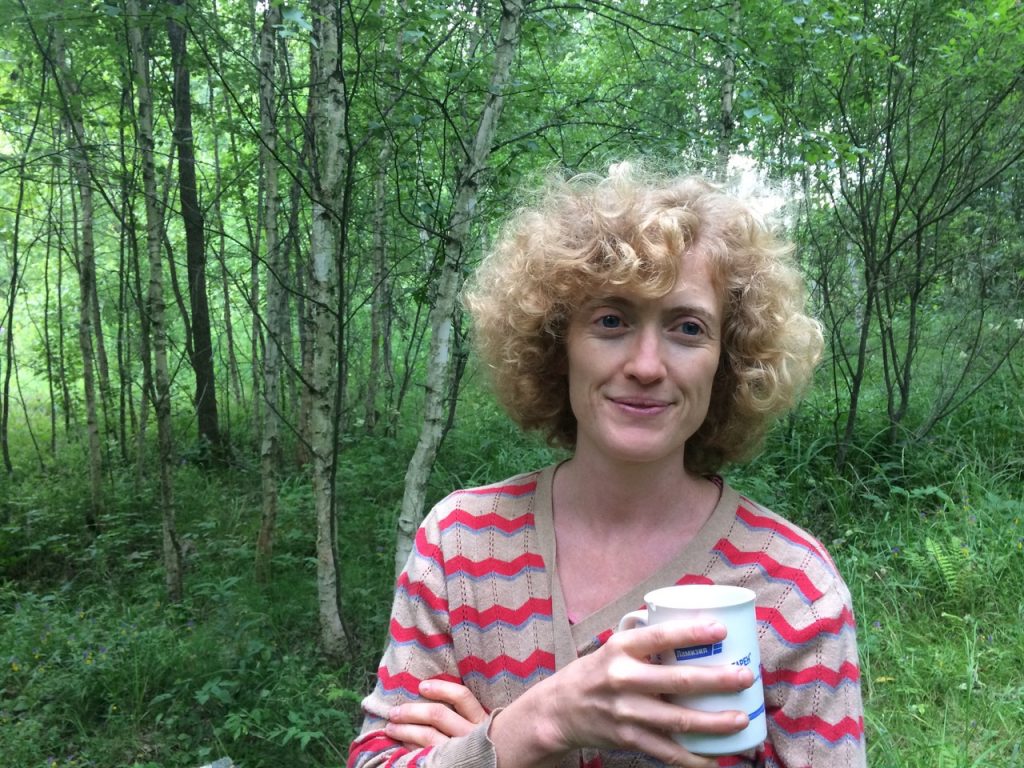
AINSLEY MORSE is a teacher, scholar, and translator of Russian and former Yugoslav literatures. Recent book publications are Beyond Tula: A Soviet Pastoral, by Andrey Egunov-Nikolev (Academic Studies Press, 2019); Kholin 66: Diaries and Poems, by Igor Kholin (Ugly Duckling Presse, 2017, with Bela Shayevich); and I Live I See, by Vsevolod Nekrasov (Ugly Duckling Presse, 2013, also with Shayevich). Forthcoming in fall 2019 is a collection of theoretical essays by the Formalist critic Yuri Tynianov (with Philip Redko). She teaches at Dartmouth College.
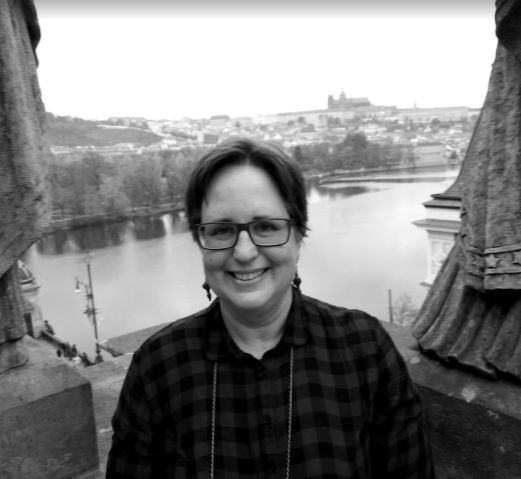
OTTILIE MULZET translates from the Hungarian and Mongolian and writes literary criticism. Szilárd Borbély’s Final Matters: Selected Poems, 2004–2010 (Princeton University Press, 2019) is her most recent translation. Forthcoming translations include Baron Wenckheim’s Homecoming, by László Krasznahorkai (New Directions); Autobiographies of an Angel, by Gábor Schein (Yale University Press); and The Bone Fire, by György Dragomán (Houghton Mifflin).
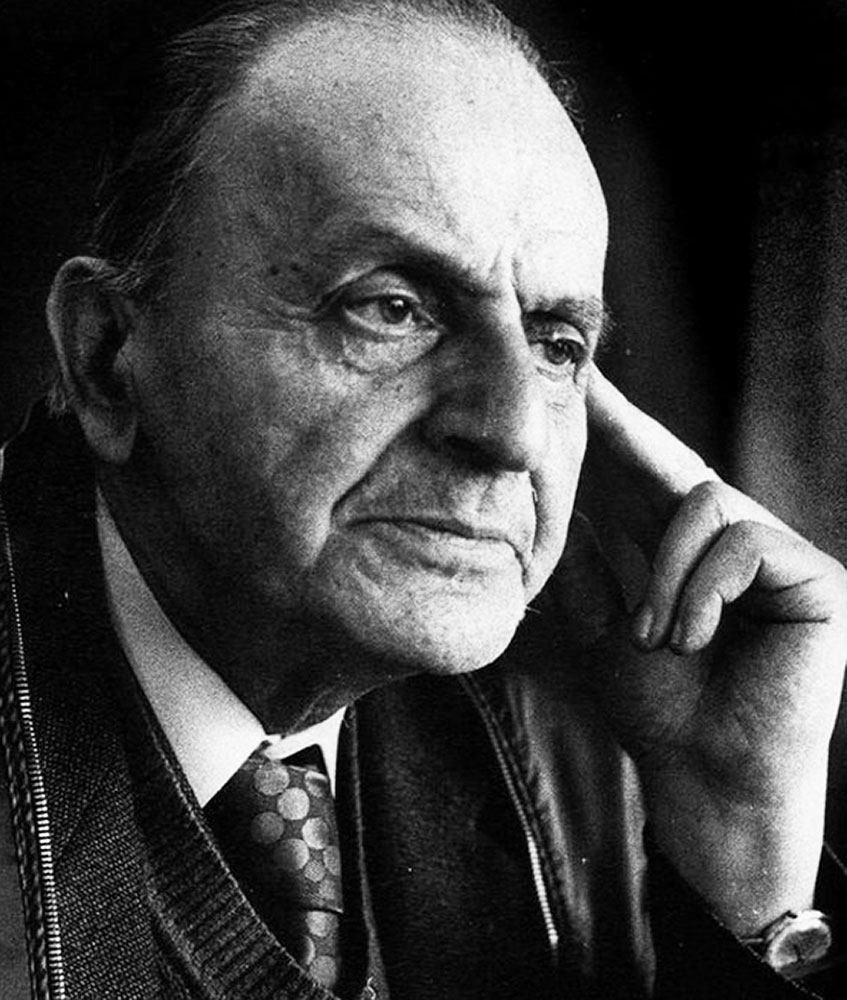
CONSTANTIN NOICA (1909–1987) is the most influential Romanian philosopher of the twentieth century. As part of the generation that includes Mircea Eliade and E. M. Cioran, Noica debuted in the 1930s, lived under house arrest from 1949 to 1959, and was imprisoned from 1960 to 1965, ostensibly for circulating Cioran’s Histoire et utopie. In English translation, his books include Becoming within Being (1981, trans. Alistair Ian Blythe 2009), Six Maladies of the Contemporary Spirit (1978, trans. Blythe 2009), and Pray for Brother Alexander (1990, trans. Octavian Gabor 2018).
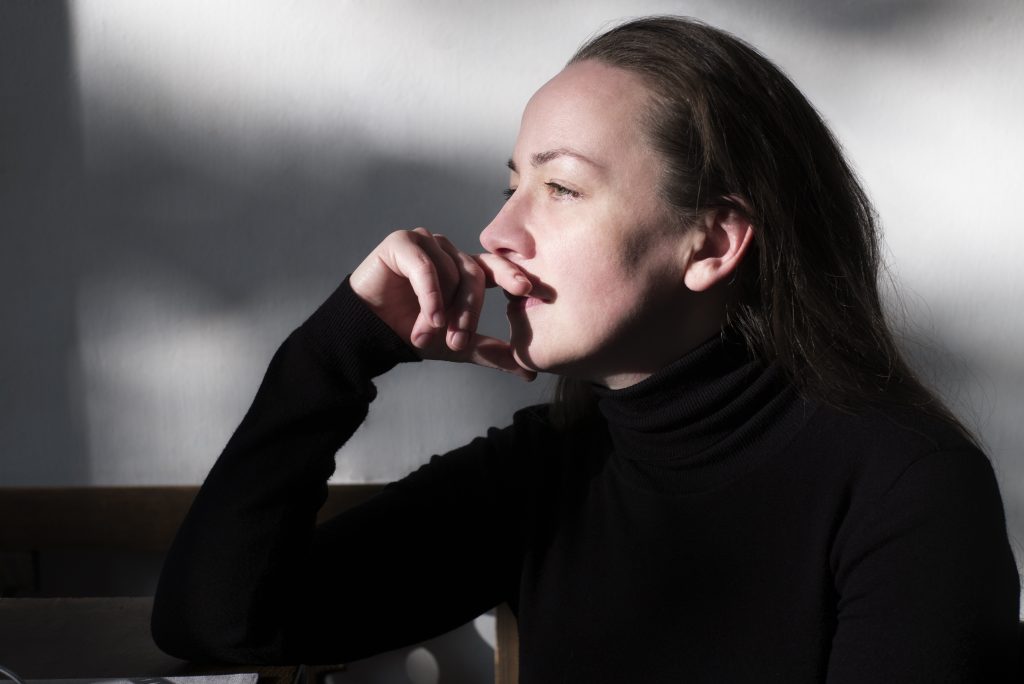
BRONKA (BRONISLAWA) NOWICKA is a Polish theatre and TV director, screenwriter, poet, and interdisciplinary artist. She is a graduate of the National Film School in Lodz, Poland, and the Cracow Academy of Fine Arts. Her literary debut, Nakarmic kamien (To Feed the Stone) was awarded the 2016 Nike Literary Award and the Złoty Środek Poezji (Golden Mean of Poetry) award. In 2017, she was a laureate of the New Voices from Europe project.
ANZHELINA POLONSKAYA was born in Malakhovka, a small town near Moscow. Since 1998, she has been a member of the Moscow Union of Writers, and in 2003, Polonskaya became a member of the Russian PEN Centre. Polonskaya has published translations in many of the leading world poetry journals, including The Iowa Review, The Massachusetts Review, Ploughshares, and The Kenyon Review. She has received the Rockefeller Fellowship and the International Words on Borders Freedom Prize, and she has been nominated for a Pushcart Prize.
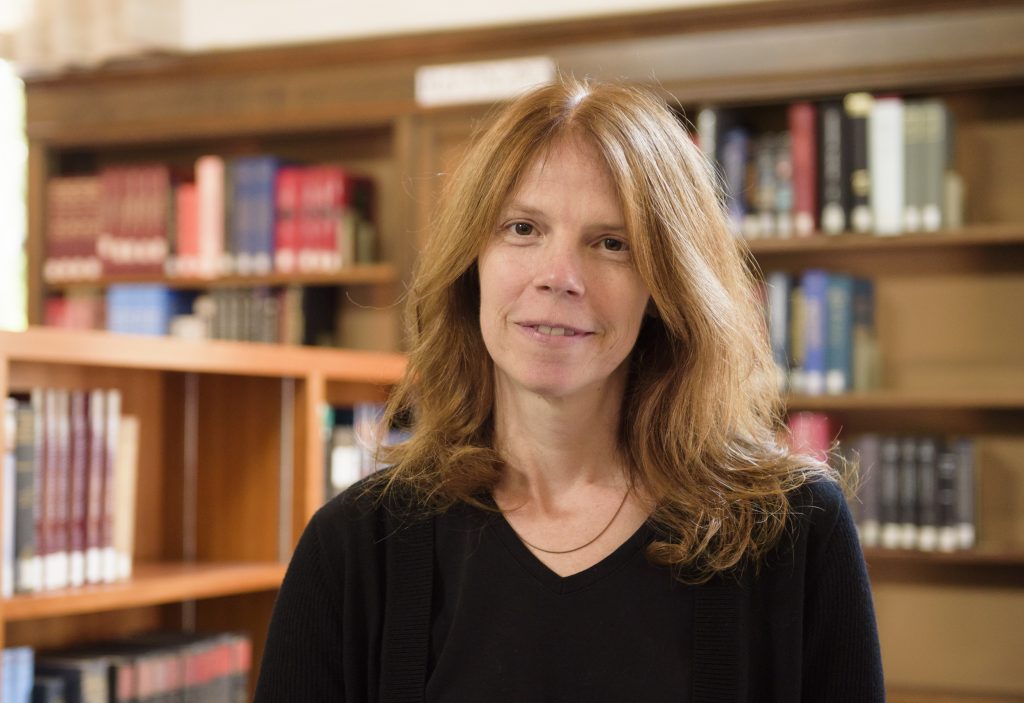
CAROLINE WILCOX REUL is the translator of Wer lebt / Who Lives by German poet Elisabeth Borchers (Tavern Books, 2017) and the poetry editor for the Timberline Review. She wa sawarded the summer/fall 2018 Gabo Prize for Literature in Translation and Multilingual Texts and the Käpylä Translation Prize in 2019. Her translations have appeared or are forthcoming in the PEN Poetry Series, Tupelo Quarterly, Lunch Ticket, The Los Angeles Review, Exchanges, Newfound, Waxwing, and others.
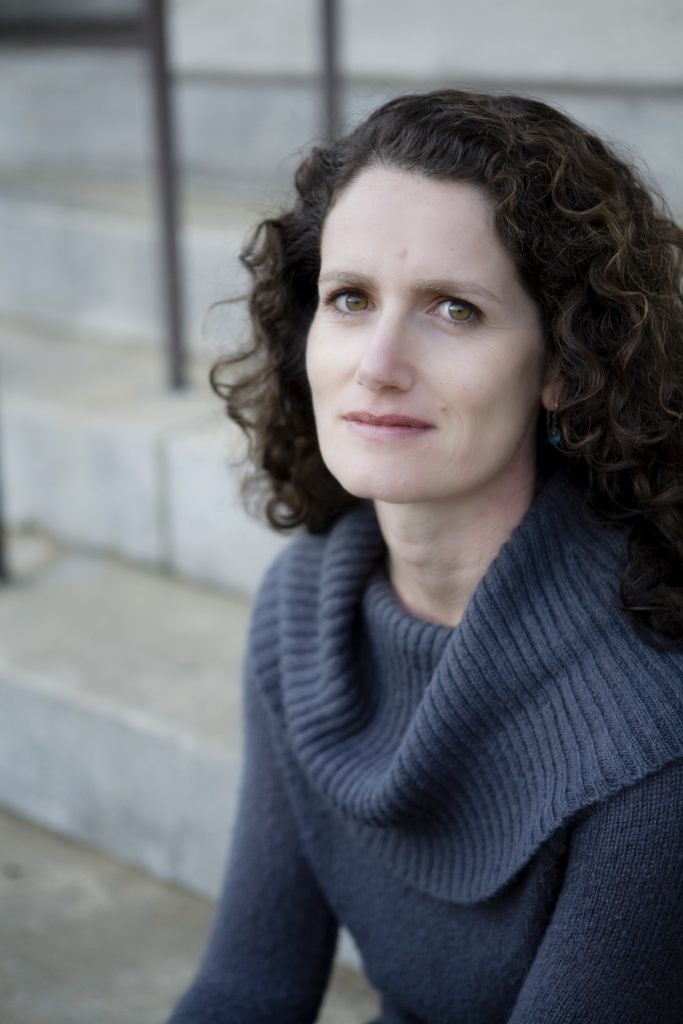
MIRA ROSENTHAL is the author of The Local World, which won the Wick Poetry Prize. She has received a National Endowment for the Arts Fellowship and a Wallace Stegner Fellowship from Stanford University, and her poems and translations appear regularly in such journals as Ploughshares, Poetry, The Threepenny Review, Harvard Review, New England Review, A Public Space, Guernica, The Kenyon Review, and Oxford American. Her other honors include fellowships from the PEN/Heim Translation Fund, the Fulbright Program, the MacDowell Colony, Hedgebrook, and the American Council of Learned Societies. She teaches in Cal Poly’s creative writing program.
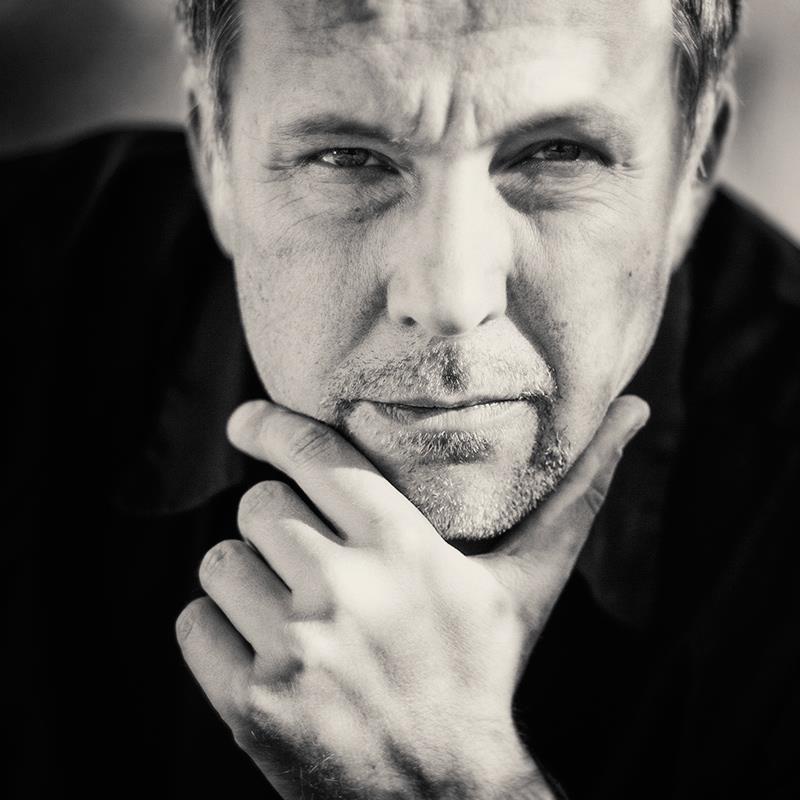
TOMASZ RÓŻYCKI is a poet and essayist. His most recent collection, Litery, was a finalist for the Wisława Szymborska Prize. Work from his ten books has been translated into numerous languages and anthologized widely. Over the last decade he has garnered almost every prize Poland has to offer, as well as international critical acclaim. His volume Colonies, translated into English by Mira Rosenthal, won the Northern California Book Award and was a finalist for numerous other prizes, including the International Griffin Poetry Prize and the Oxford-Weidenfeld Translation Prize. He was the 2018–2019 DAAD artist-in-residence in Berlin.
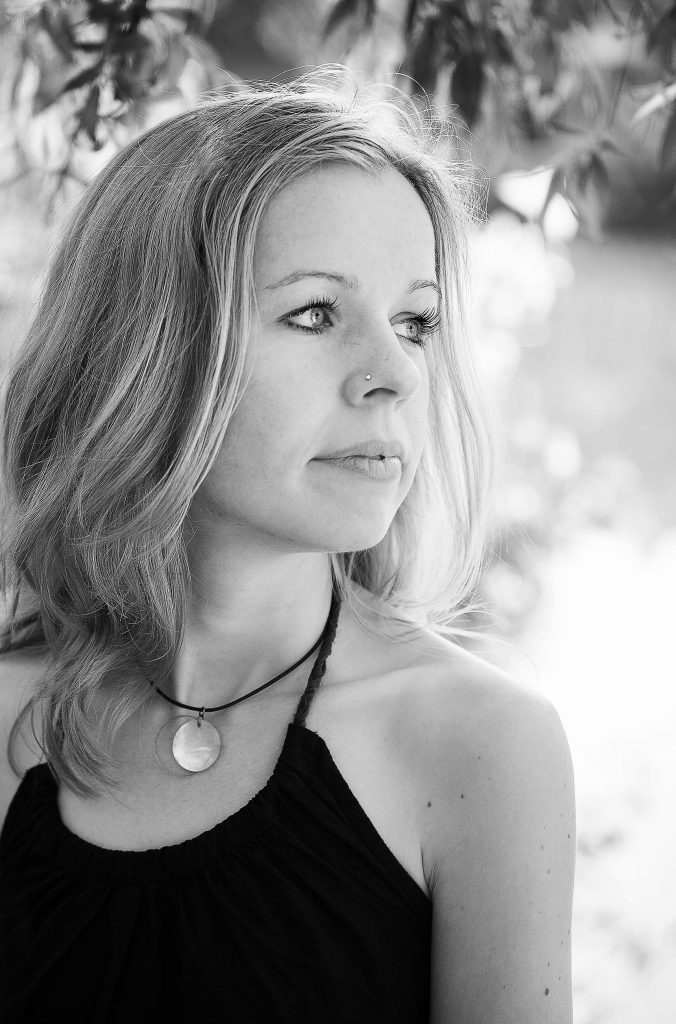
ANDRA SCHWARZ is from Upper Lusatia, Saxony, Germany, and currently lives in Leipzig. She was awarded the 2015 Open Mike Lyric Prize, the 2017 Leonce and Lena Prize, a residency at the Literarisches Colloquium Berlin in 2018, and a grant by the Kulturstiftung Sachsen in 2019. She is the author of the poetry collection, Am morgen sind wir aus glas (Poetenladen, 2017). Her work has also appeared in Maulkorb, Ostragehege, Jahrbuch der Lyrik, and others.
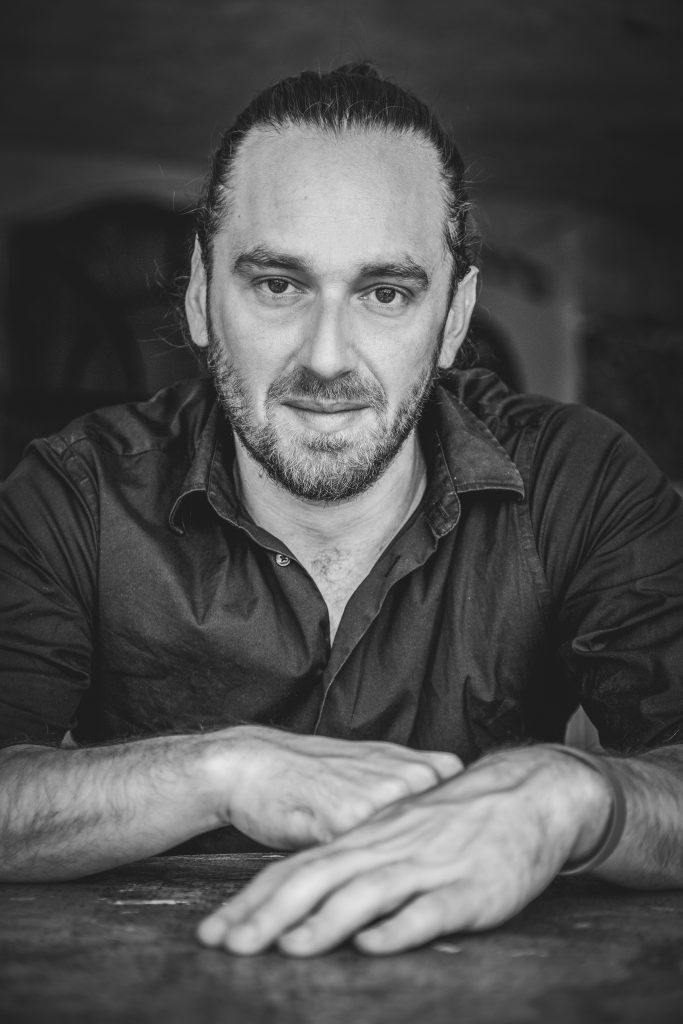
MÁRTON SIMON’s debut poetry collection, Dalok a magasföldszintről (Songs for 3:45 a.m.), was published in 2010 and reprinted in 2014. Polaroidok (Polaroids), published in 2013, popularized him in Hungary. His latest collection, Rókák Esküvője (Fox Wedding), appeared 2018. He’s received a Makói Medal, Móricz Zsigmond Literary Fellowship, Visegrad Fund literary scholarship for Krakow, and Horváth Péter Literary Fellowship. English translations have appeared in Waxwing, Modern Poetry in Translation, Duende, and The Enchanting Verses Literary Review.
PIOTR SOMMER is the author of Things to Translate (Bloodaxe Books), Continued (Wesleyan University Press, 2010), and Overdoing It (Trias Chapbook Series). He has published collections of poetry, essays, and translations and has taught poetry at American universities. He lives outside Warsaw and edits Literatura na Swiecie, a magazine of foreign writing translated into Polish.
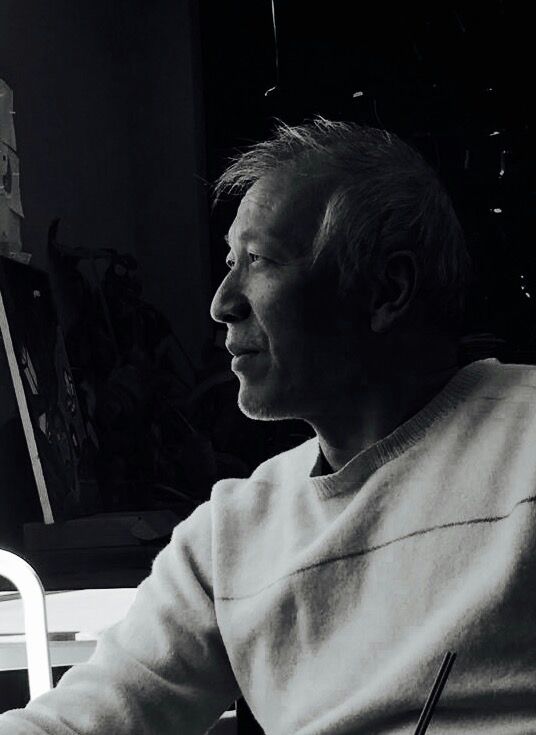
SONG LIN is one of the most distinguished and unusual poets from P.R. China. Among his honors are fellowships in Rotterdam and Romania and at International Poetry Nights in Hong Kong as well as the Shanghai Literature Prize. He has held residencies at OMI Ledig House Translation Lab and Vermont Studio Center.
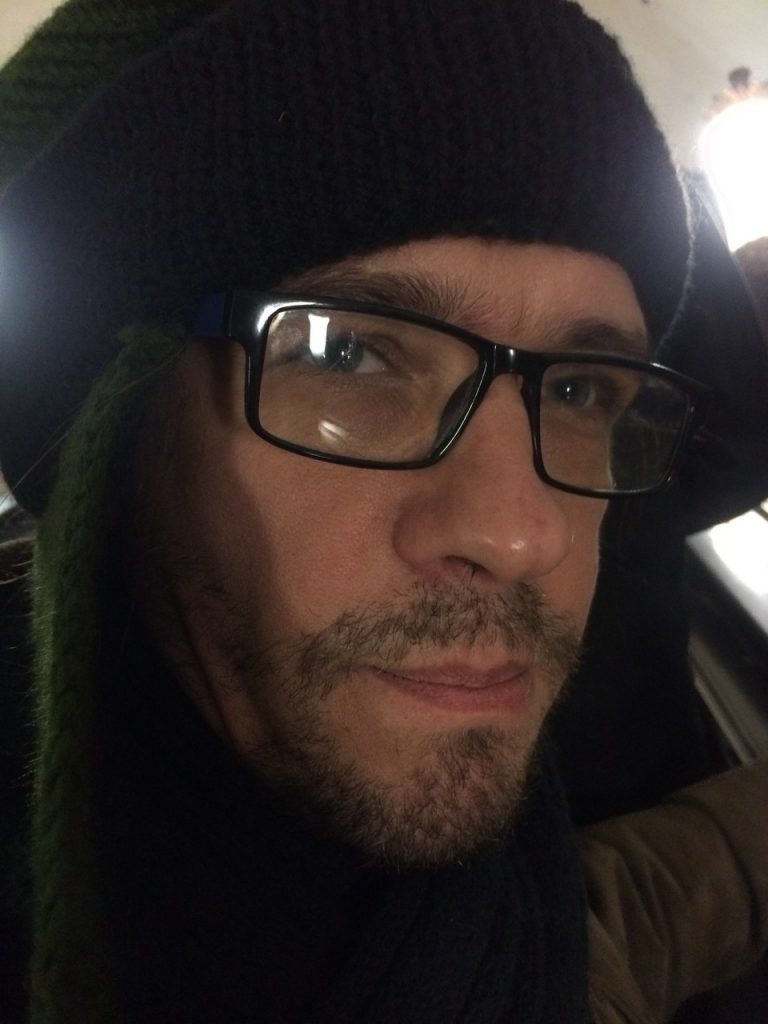
SERGEI SOKOLOVSKY, a prose writer, editor, curator, and publisher (his own press is Autochton), was born in 1972 in Moscow. His short stories and short prose have appeared in many Russian-language journals and almanacs as well as in various online journals. Published books include Fast Food (2002), Hypnoglyph (2012), Good Overcomes Evil (2015), and The Steelworker’s First-Aid Kit [Aptechka stalevara] (2017). Sokolovsky has been shortlisted for the Andrei Bely Prize (for prose) in 2012, 2016, and 2017.
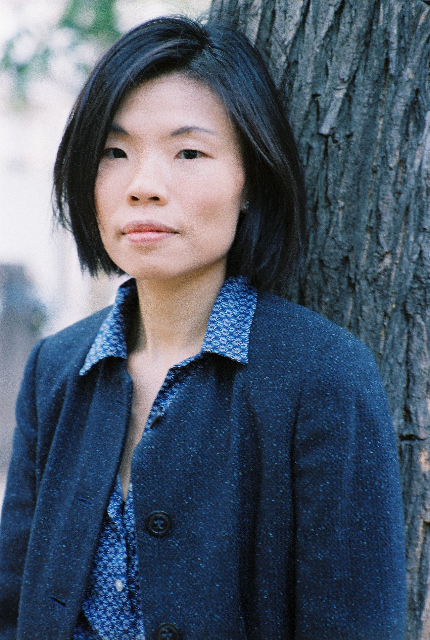
FIONA SZE-LORRAIN writes and translates in English, French, Chinese, and occasionally Spanish. Her recent collection The Ruined Elegance (Princeton University Press, 2016) was a finalist for the Los Angeles Times Book Prize. Her work was also shortlisted for the 2016 Best Translated Book Award in Poetry and longlisted for the 2014 PEN Award for Poetry in Translation. She lives in Paris and works as a zheng harpist and an editor. She is named the 2019–2020 Abigail R. Cohen Fellow at the Columbia Institute for Ideas and Imagination.
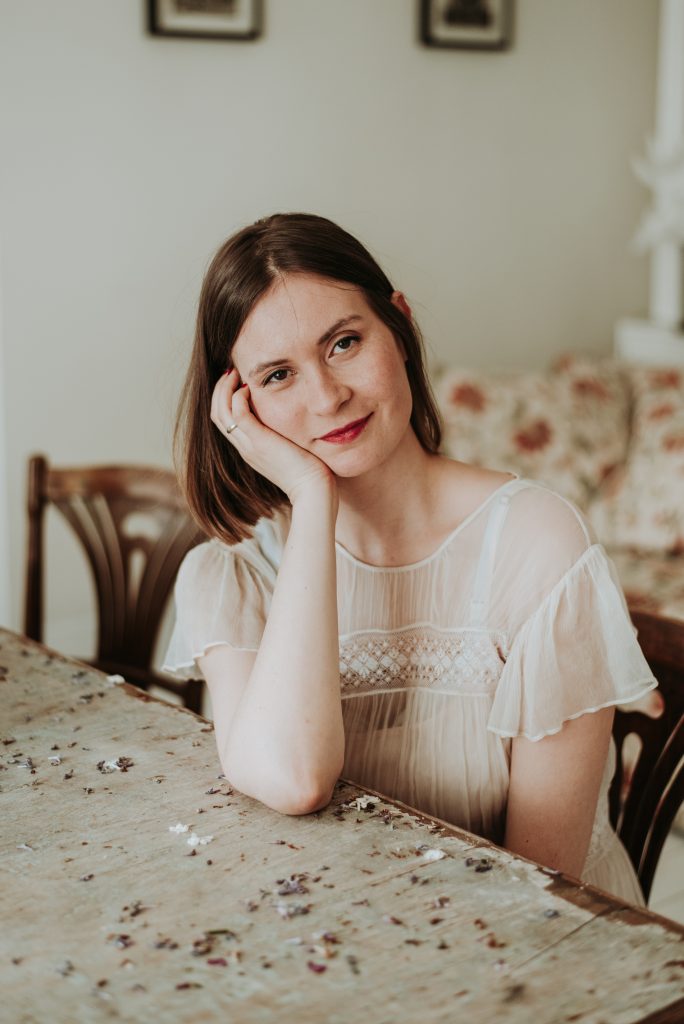
KATARZYNA SZUSTER is a translator. She earned her MA in English studies from the University of Lodz, Poland, and was a lecturer at the Department of Foreign Languages, University of Nizwa in Oman. She has translated various Polish poets into English, such as Miron Bialoszewski, Justyna Bargielska and Bronka Nowicka. Her translations have been published in Aufgabe, Free Over Blood, Moria, Biweekly, Words without Borders, diode, Toad Press, Berlin Quarterly, Seedings, and Tripwire.
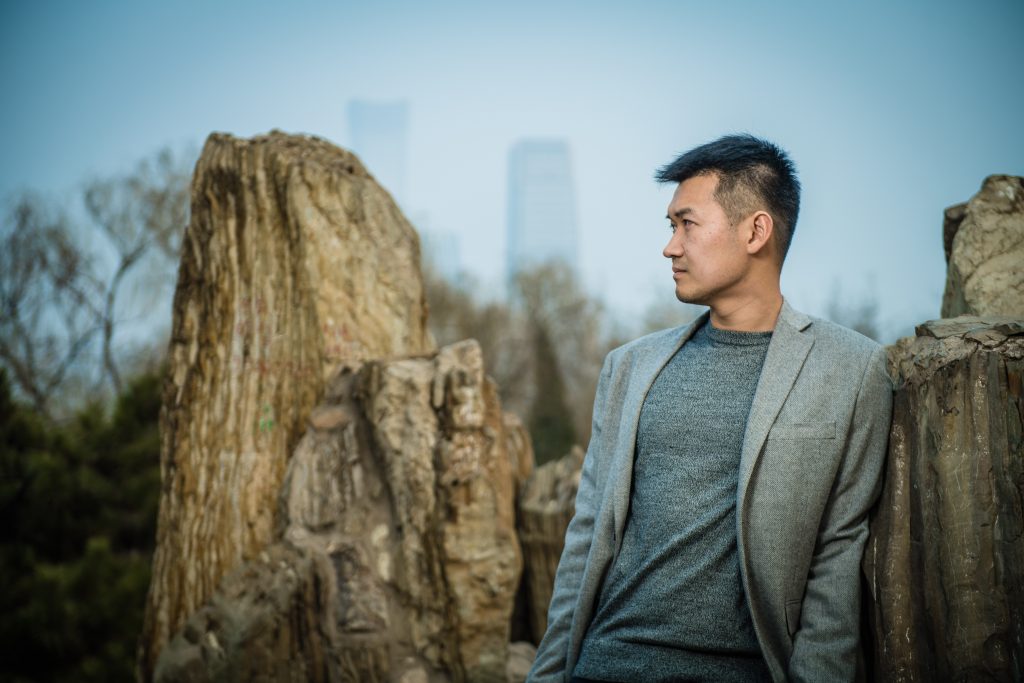
ANTHONY TAO’s poetry appears in journals such as The Cortland Review, Prairie Schooner, Borderlands, Frontier, Kartika Review, Asian Cha, Poetry East West, etc., plus an anthology of China writing called While We’re Here (see anthonytao.com for more of his published work). He is co-creator of a unique “poetry x music” album called The Last Tribe on Earth (poetryxmusic.bandcamp.com), featuring original poetry and original compositions on the classical guitar. Follow him on Twitter: @anthonytao.
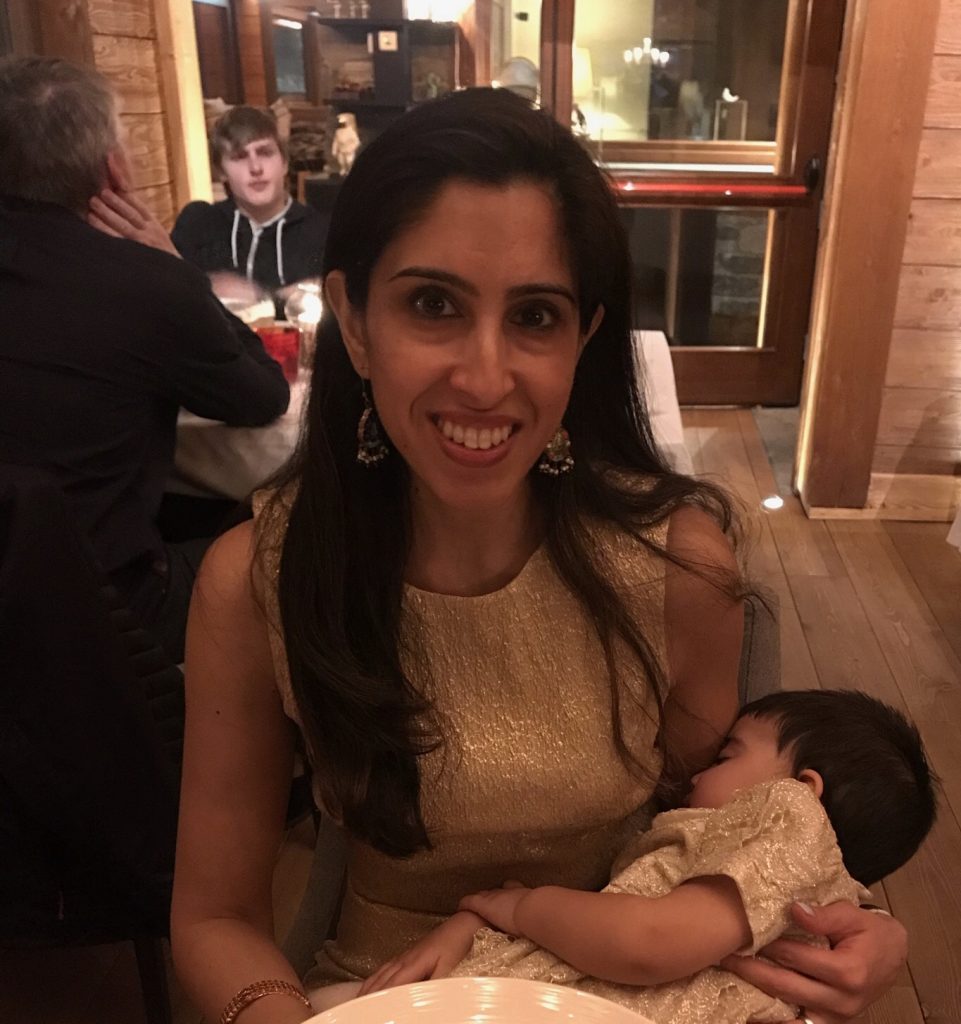
GK TEWARI is a writer, poet, and human rights lawyer born in Worcester, Massachusetts, after her parents emigrated from India. She has a BA from Cornell, a JD from Fordham Law School, and an MFA from Columbia. Tewari now lives in New York, where she writes and raises children.
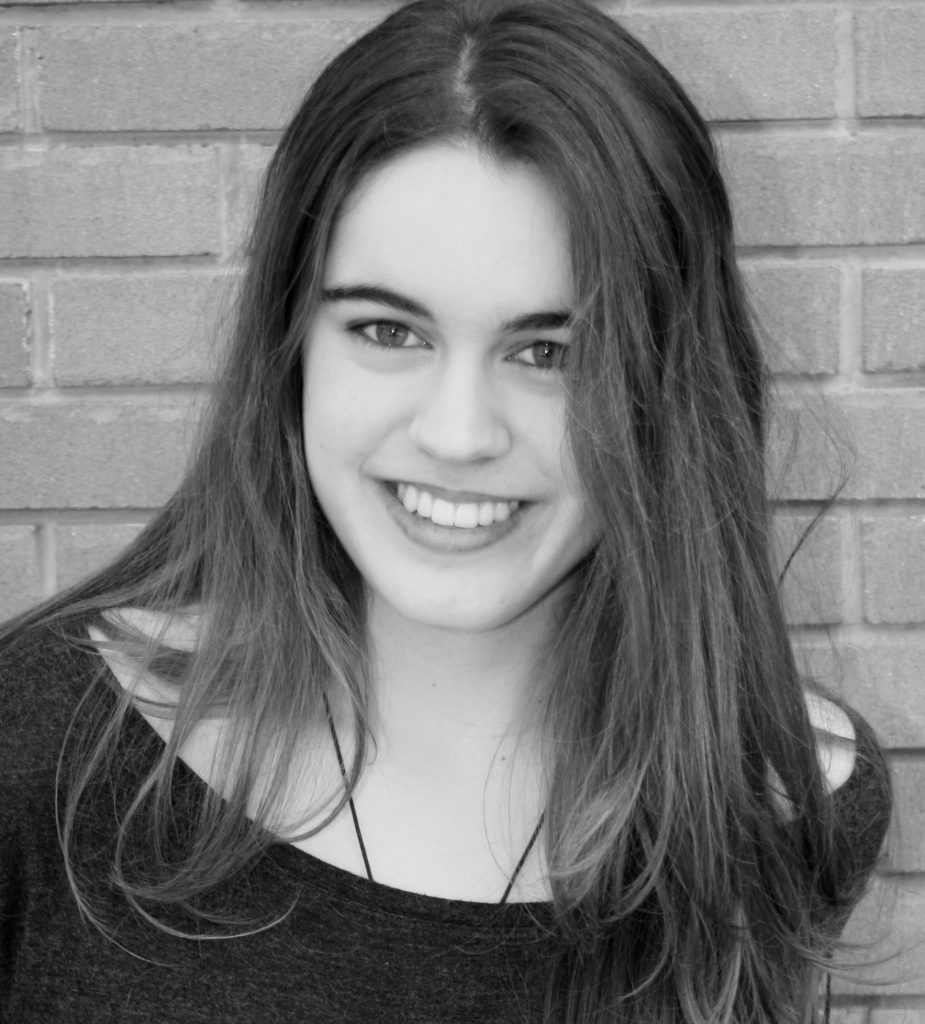
ELENI THEODOROPOULOS grew up in Athens, Greece. She studied Humanities, Philosophy, and Creative Writing at the University of Texas at Austin. Currently she lives in New York, where she is an Editorial Fellow at Lit Hub and reads fiction for Carve. She is a freelance translator and editor for the Greek publisher Patakis and has interned for the Texas Book Festival and Bat City Review. In the summers, she sighs for her sea.
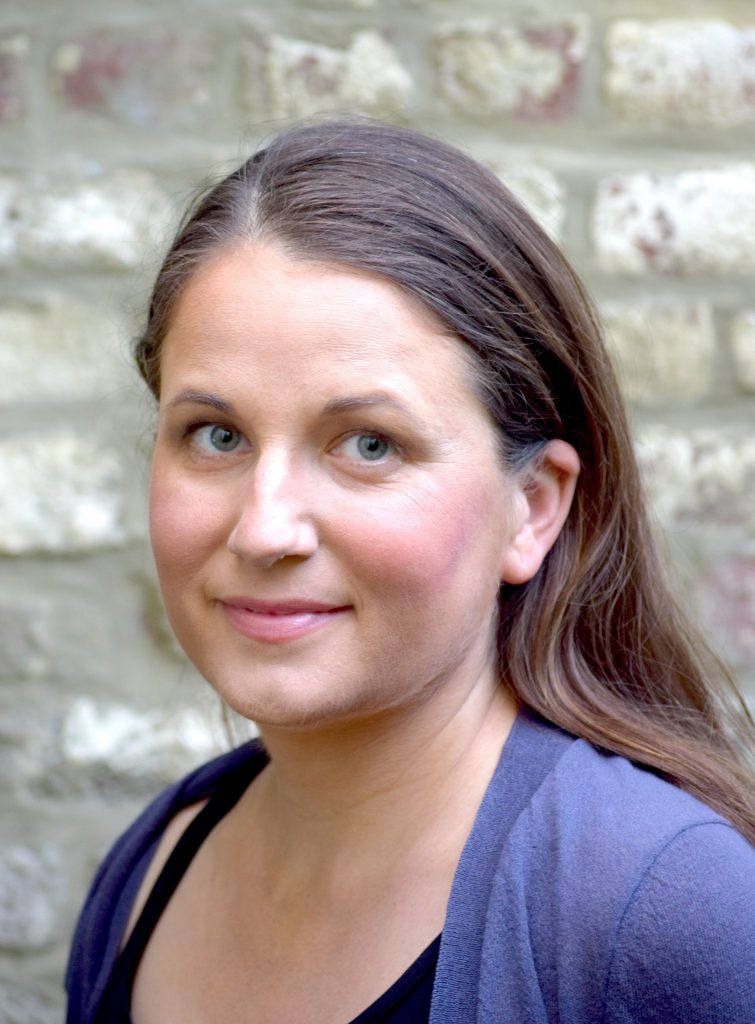
ELAINE VAN DER GELD’s writing has been published in the Kenyon Review, Off Our Backs, and elsewhere. Her work has been shortlisted for the EVENT creative non-fiction prize. She is currently an MFA candidate in creative writing at the University of British Columbia.
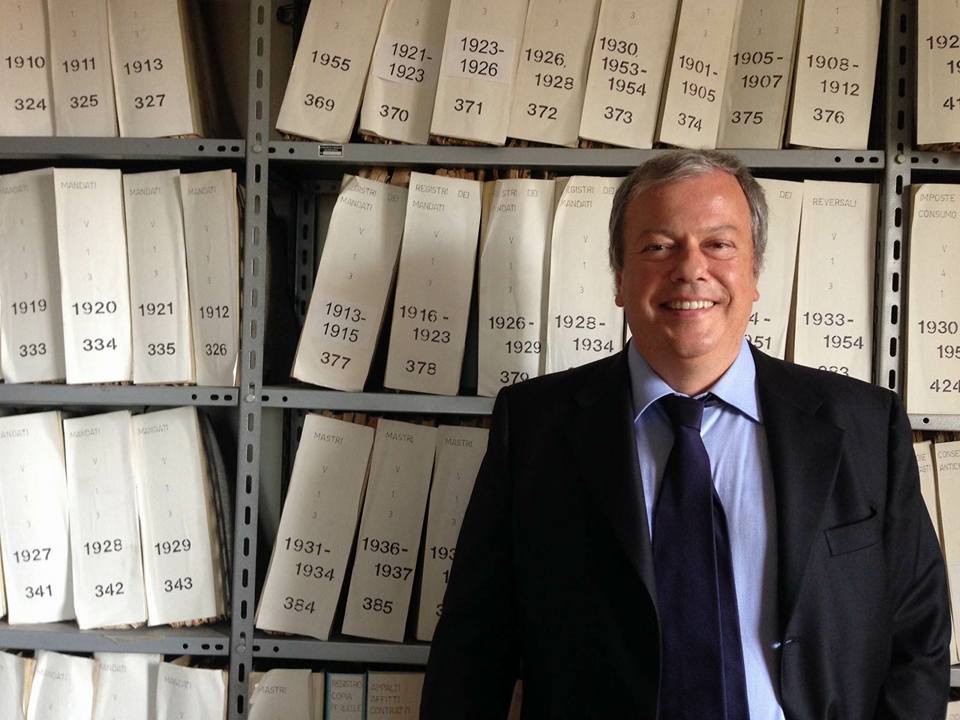
DARIO VOLTOLINI (b. 1959) is an Italian writer and the author of novels, collections of stories, essays, travelogues, radio plays, librettos, and song lyrics. His writing is notable for its narrative economy and its urban imaginary. His literary debut, Una intuizione metropolitana (1990), received much critical acclaim. His subsequent publications include Rincorse (1994), Forme d’onda (1996), Primaverile (2001), Il tempo della luce (2005), Le scimmie sono inavvertitamente uscite dalla gabbia (2006), Fabio (2008), Foravìa (2010), and Autunnale (2015). His most recent work, Pacific Palisades (2017), was adapted for the stage and performed by Alessandro Baricco. Dario Voltolini is a co-founder of the literary blogs Il primo amore and Nazione Indiana. He lives in his native Turin.
ANDREW WACHTEL is the rector of Narxoz University in Almaty, Kazakhstan. Between 2010 and 2018, he served as president of the American University of Central Asia. Earlier, he was dean of the Graduate School and director of the Roberta Buffett Center for International and Comparative Studies at Northwestern University. A fellow of the American Academy of Arts and Sciences and a member of the Council on Foreign Relations, his interests range from Russian literature and culture to East European and Balkan culture, history, and politics to contemporary Central Asia.
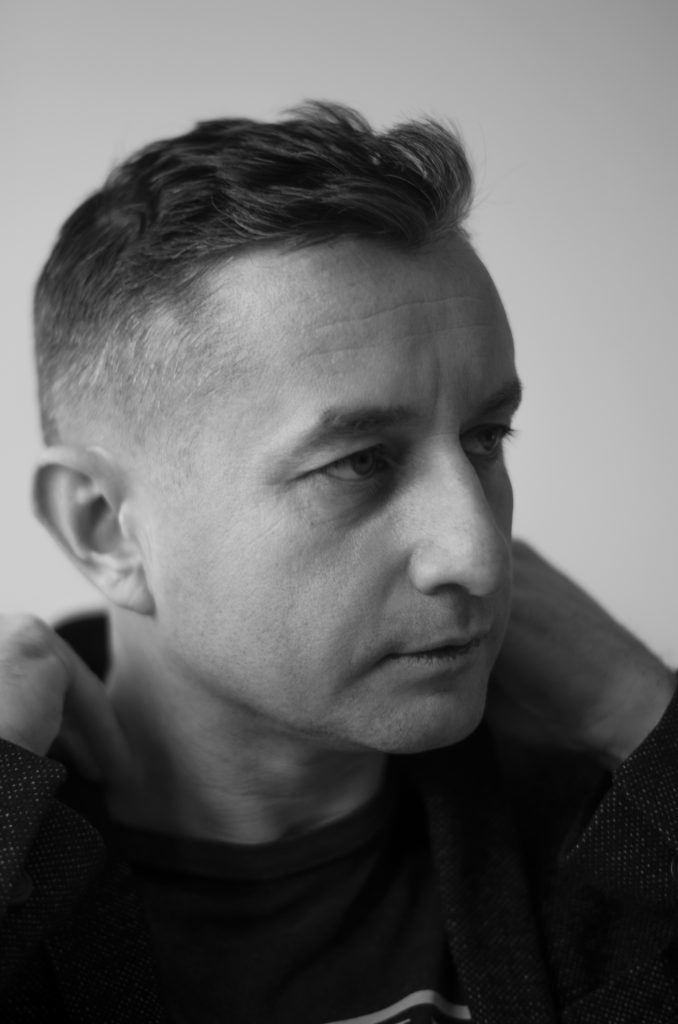
SERHIY ZHADAN is a Ukrainian poet, writer, essayist, and translator. English translations of his work include the prose works Depeche Mode, Voroshilovgrad, and Mesopotamia (also features poetry) and a poetry collection What We Live for, What We Die For. The poems featured here are part of a book of translations forthcoming from Lost Horse Press. Other poems from this collection appear in Poetry, Massachusetts Review, and Brooklyn Rail in Translation. Zhadan lives in Kharkiv.
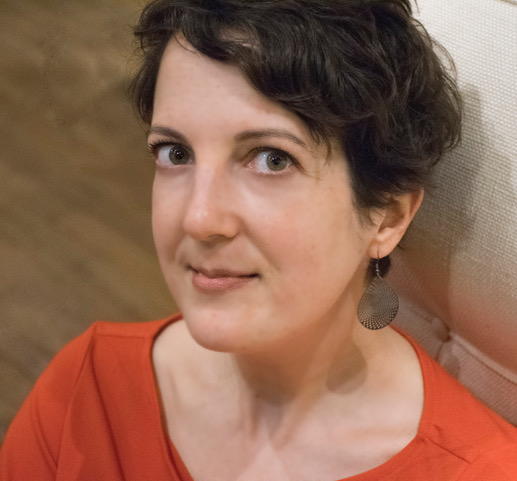
JENNIFER ZOBLE translates Bosnian/Croatian/Serbian- and Spanish-language literature. Her translation of the short story collection Mars by Asja Bakić was pub- lished by Feminist Press in March 2019. She received a 2018 NYSCA grant for her translation of Zovite Me Esteban (Call me Esteban) by Lejla Kalamujić. She’s an Assistant Clinical Professor in the interdisciplinary Liberal Studies program at NYU, co-editor of InTranslation at The Brooklyn Rail, and co-producer of the international audio drama podcast Play for Voices.


